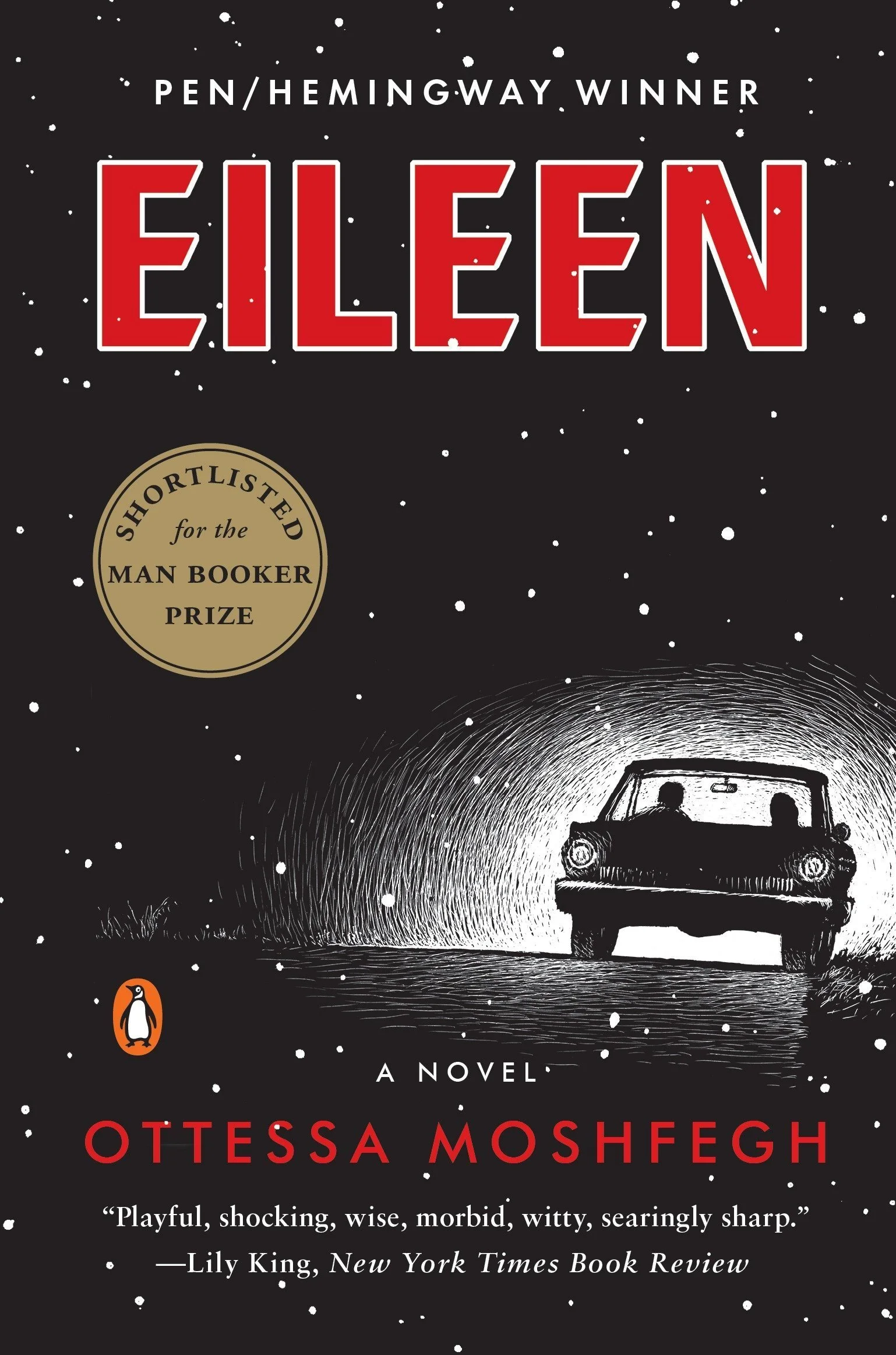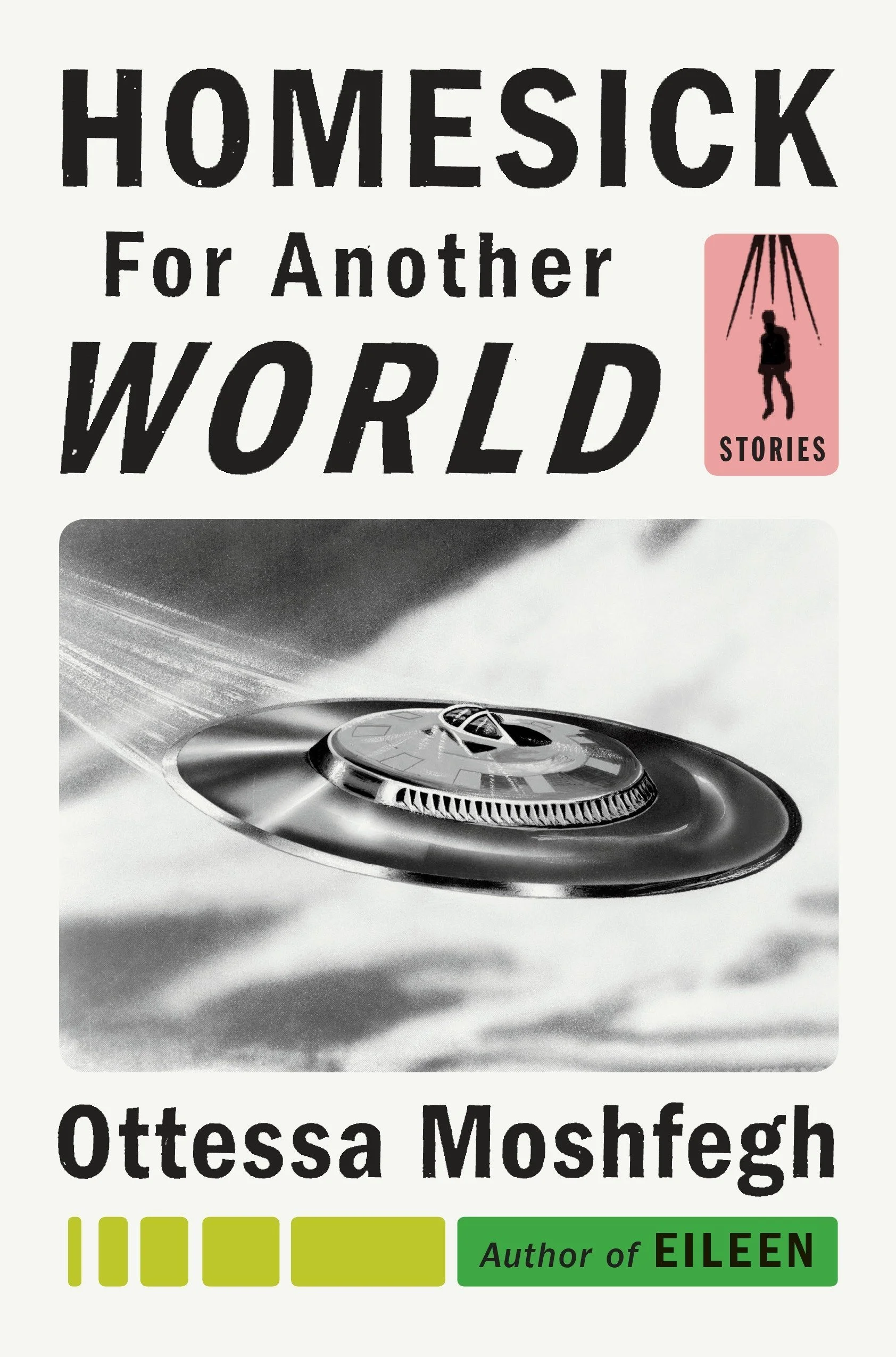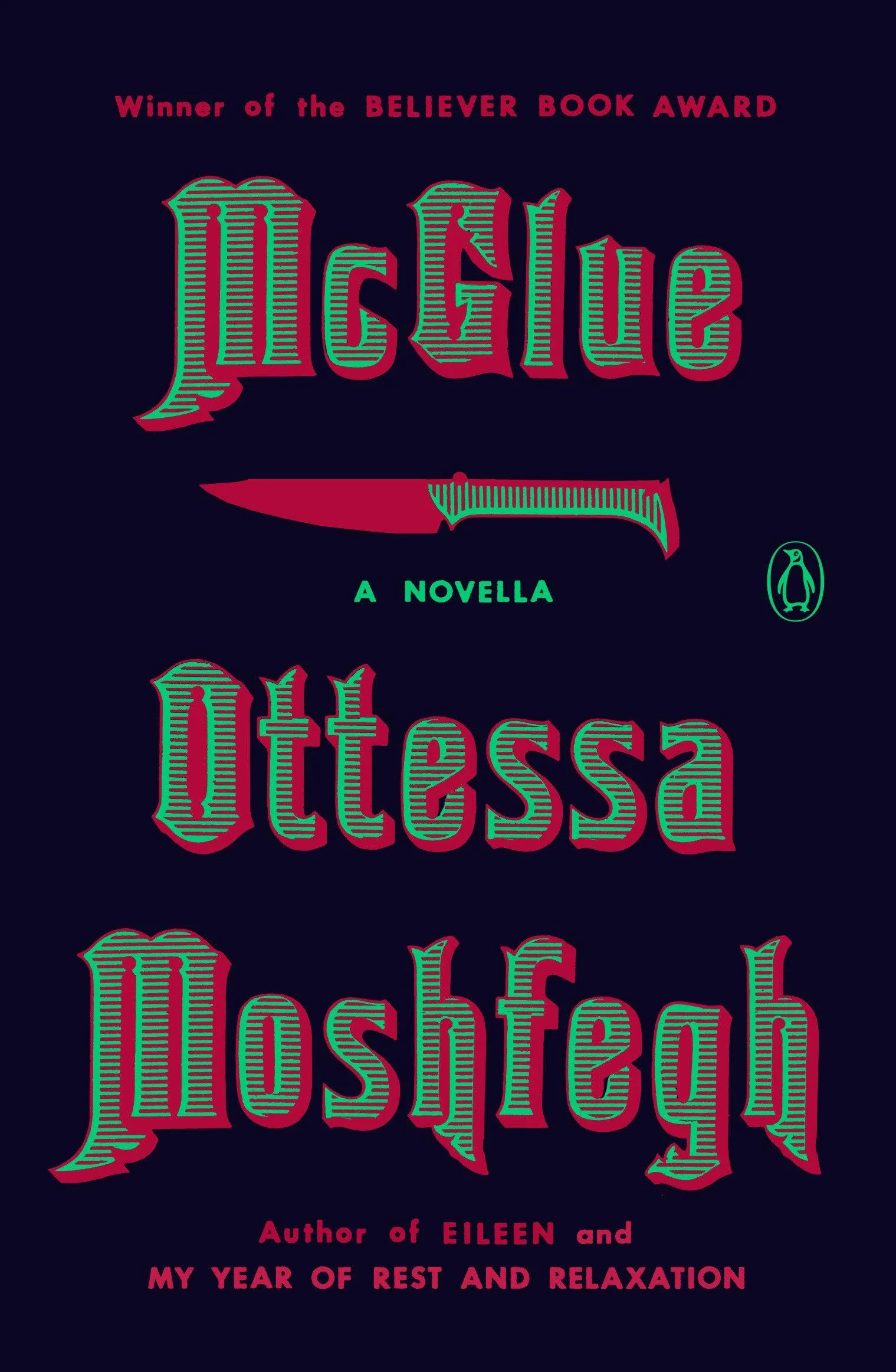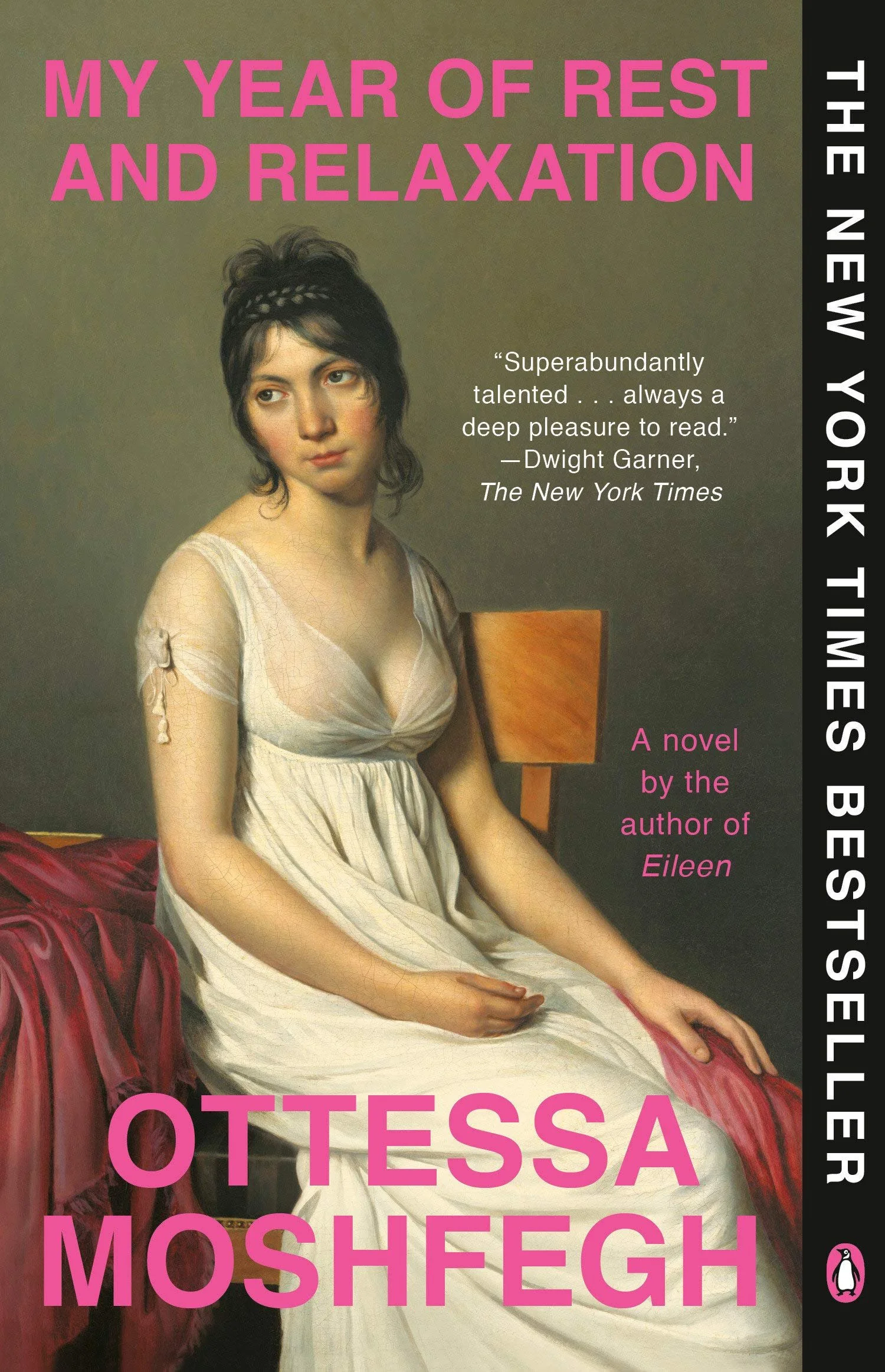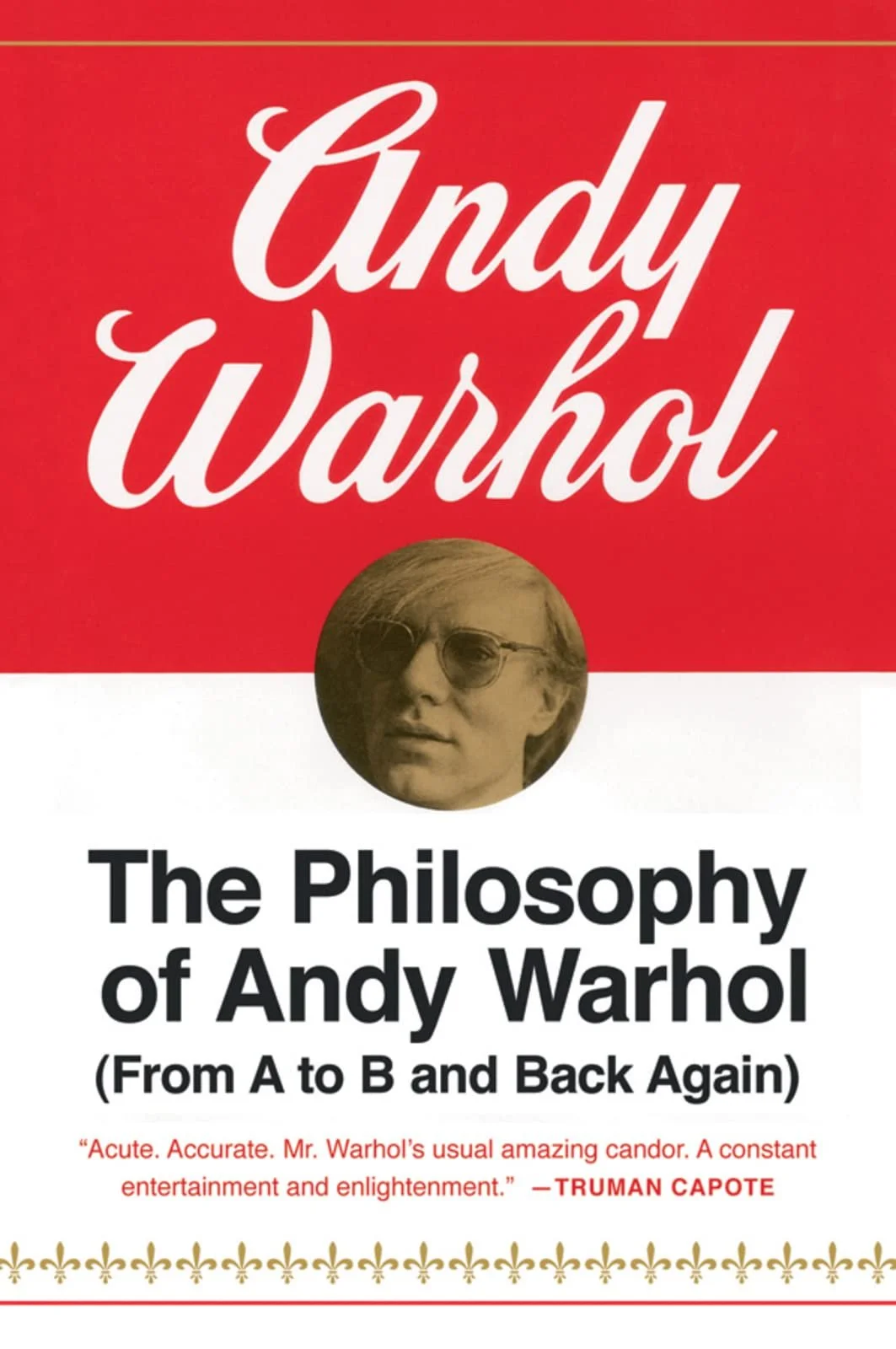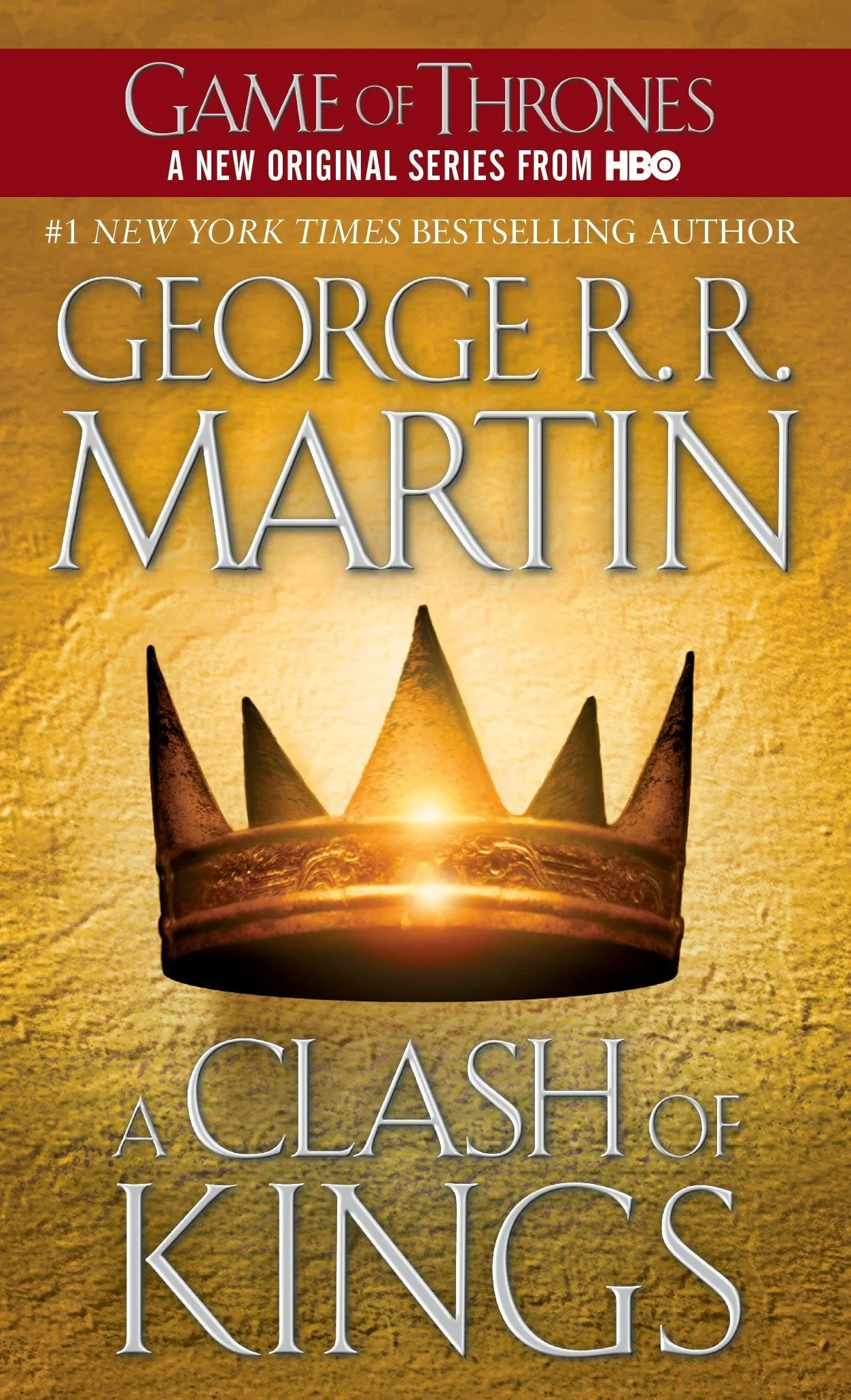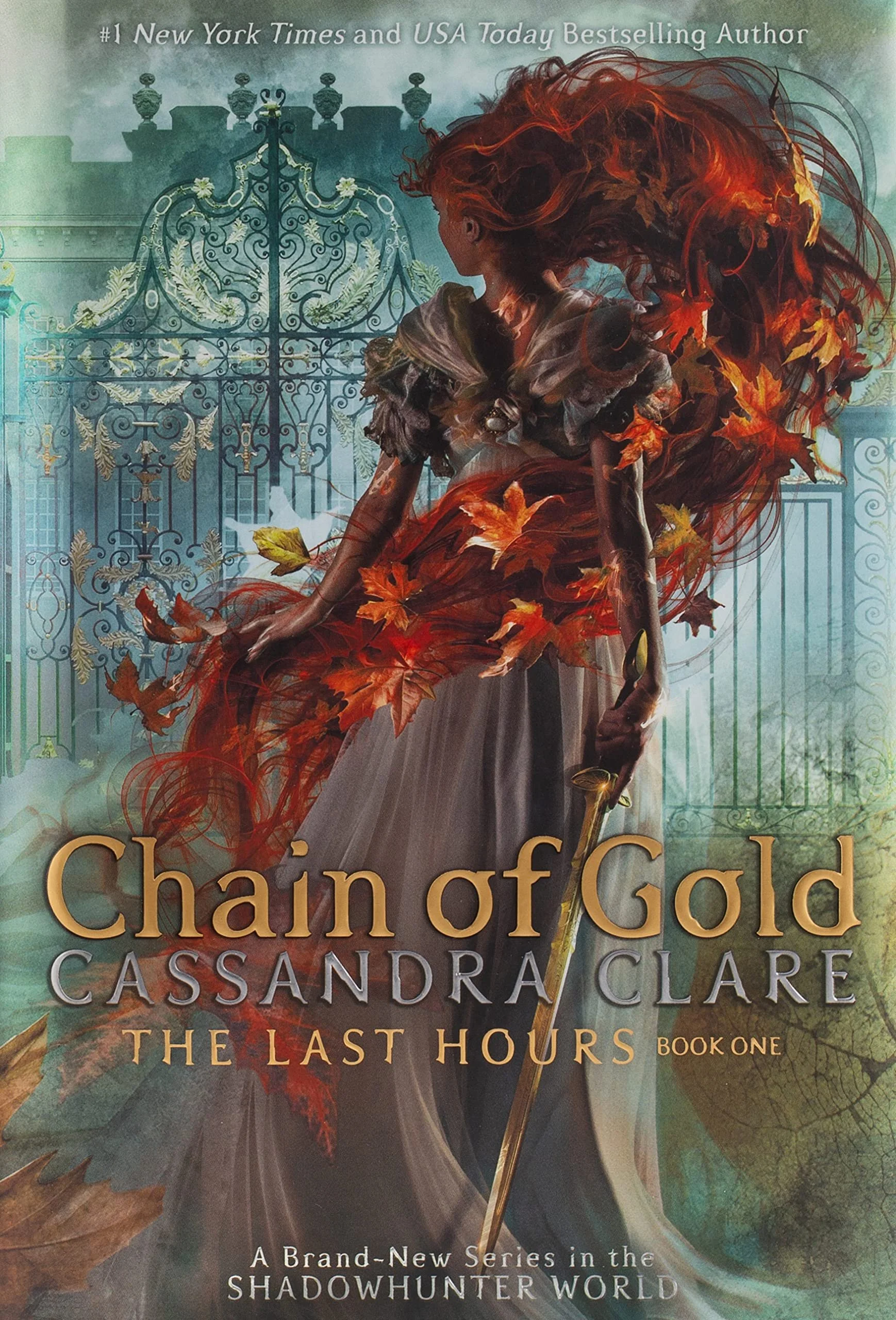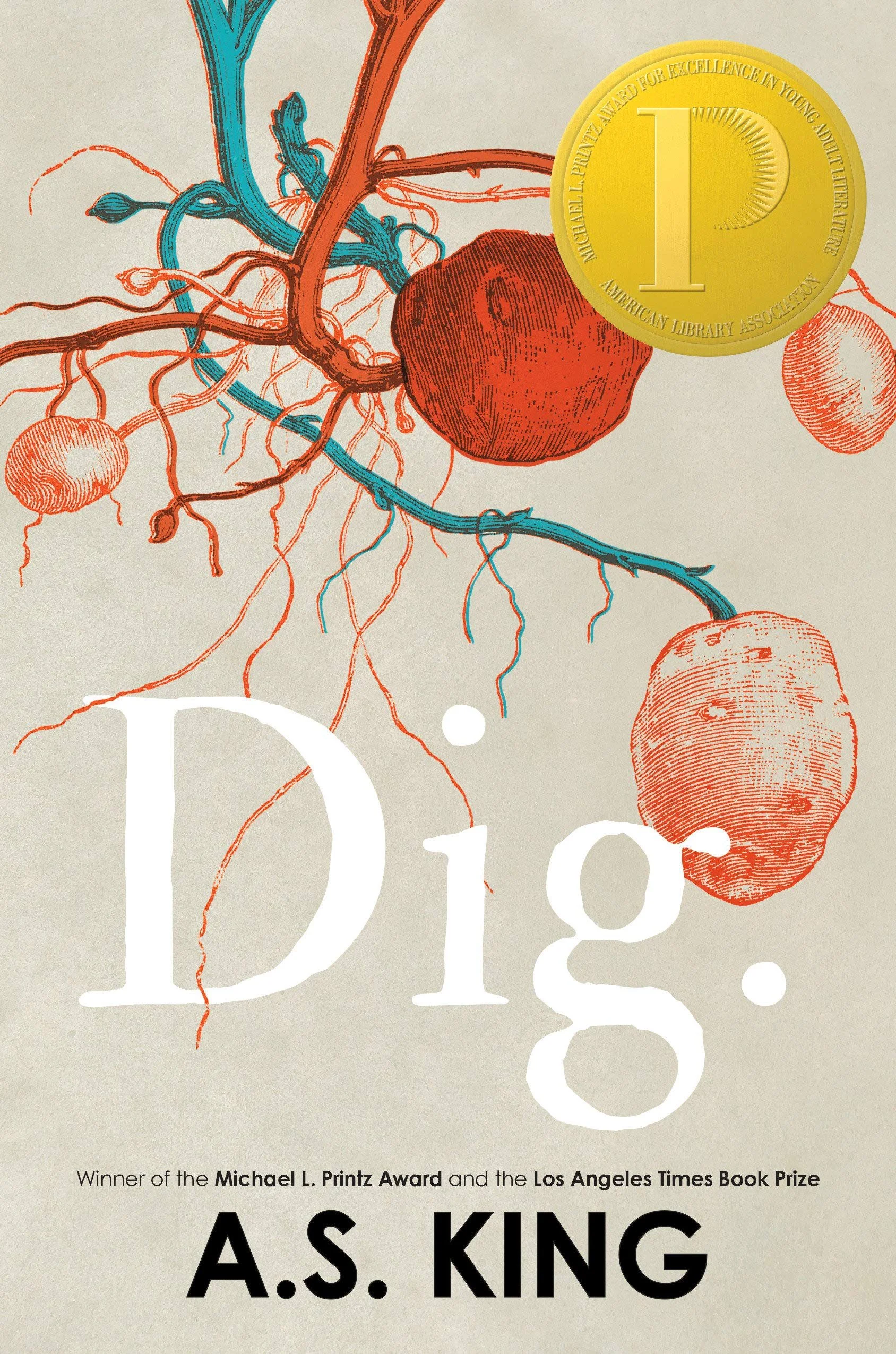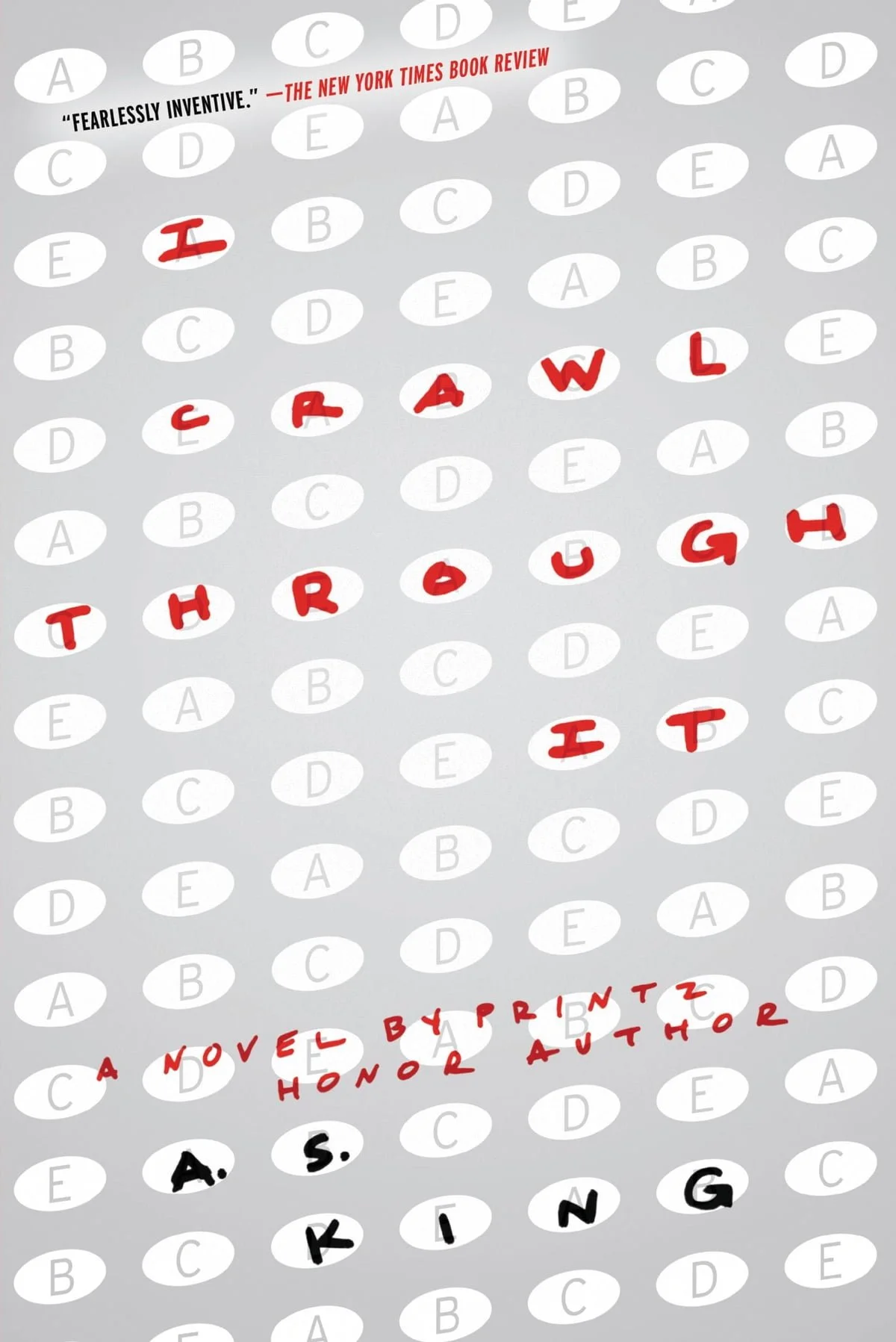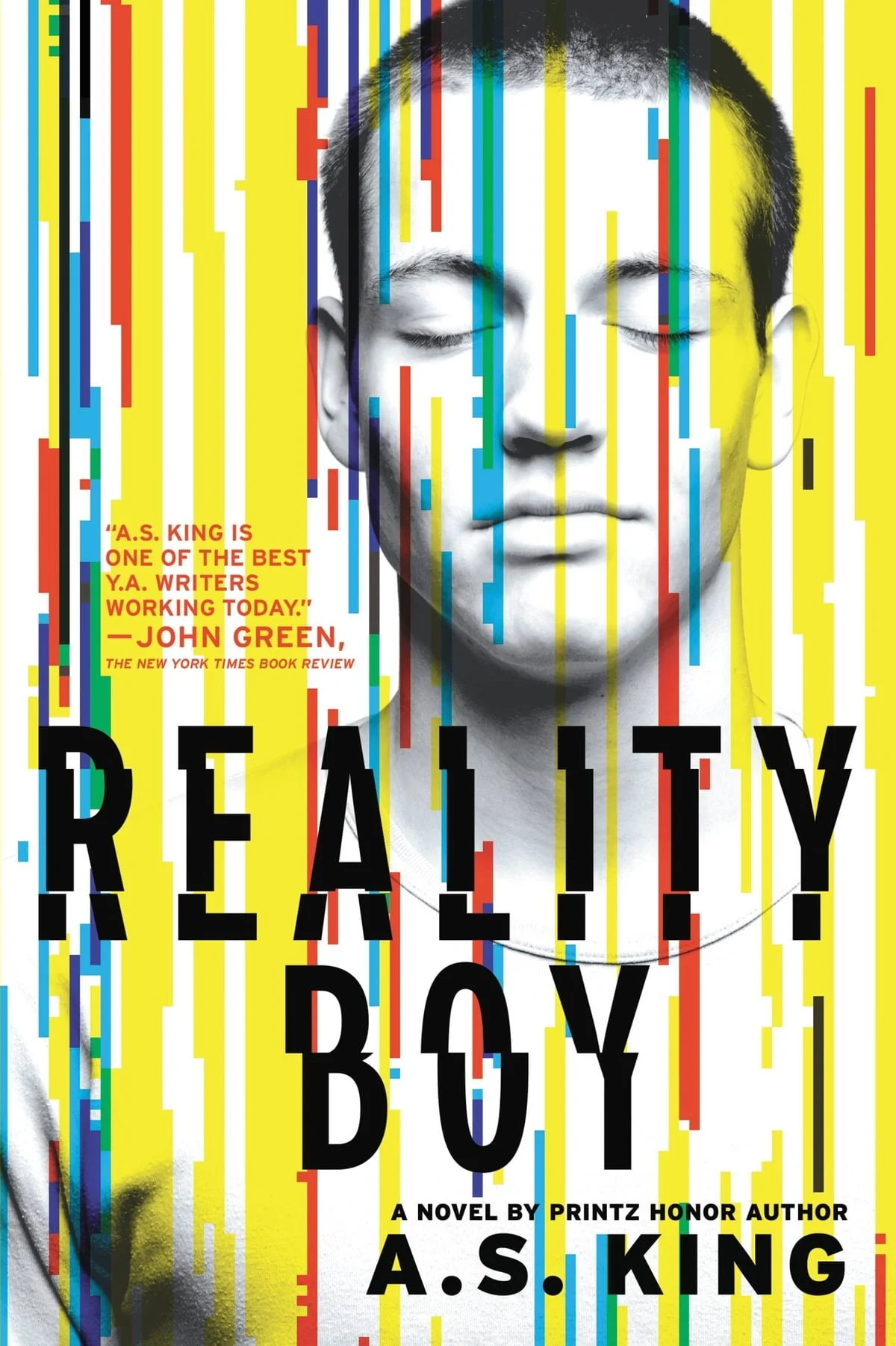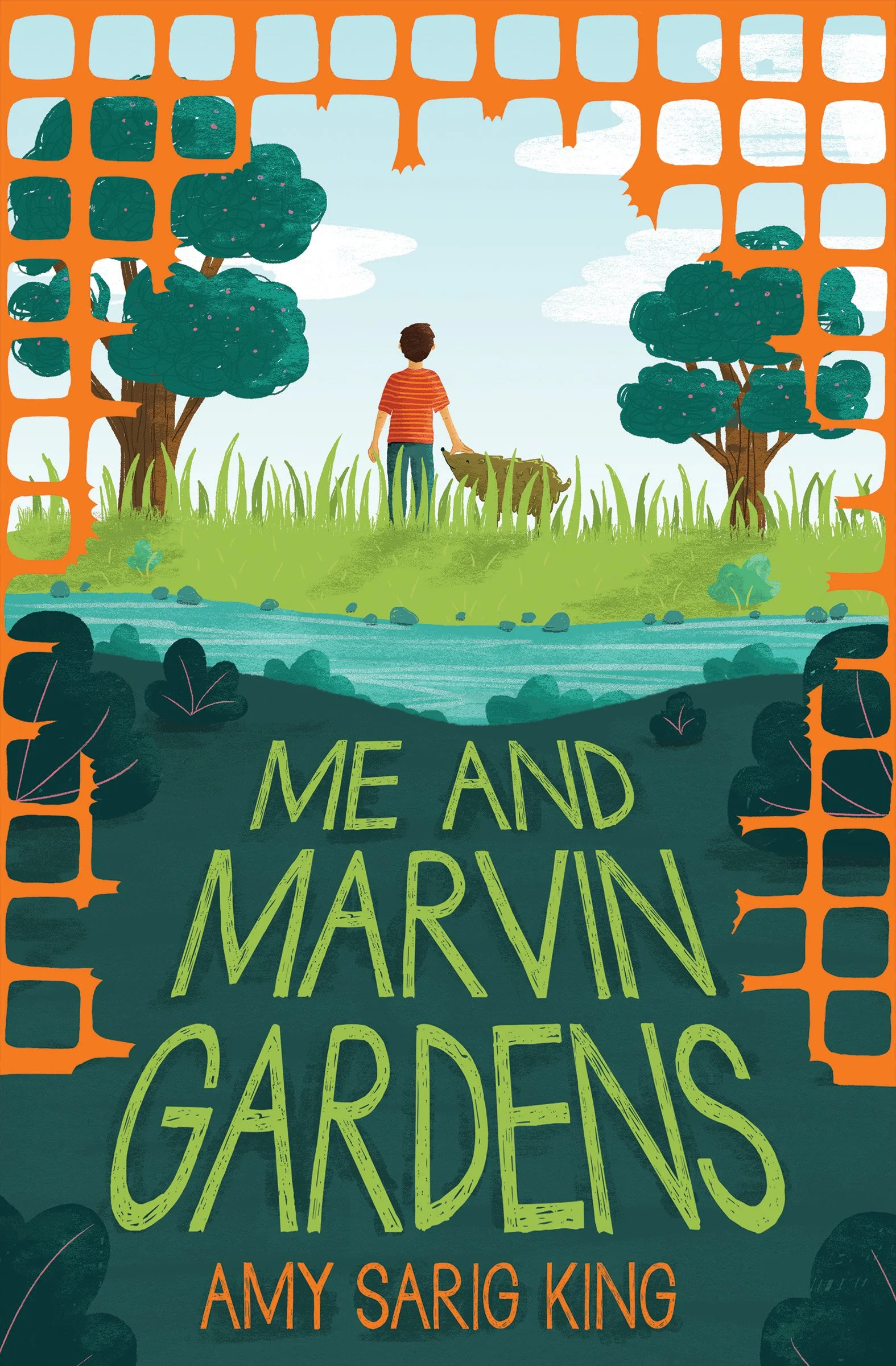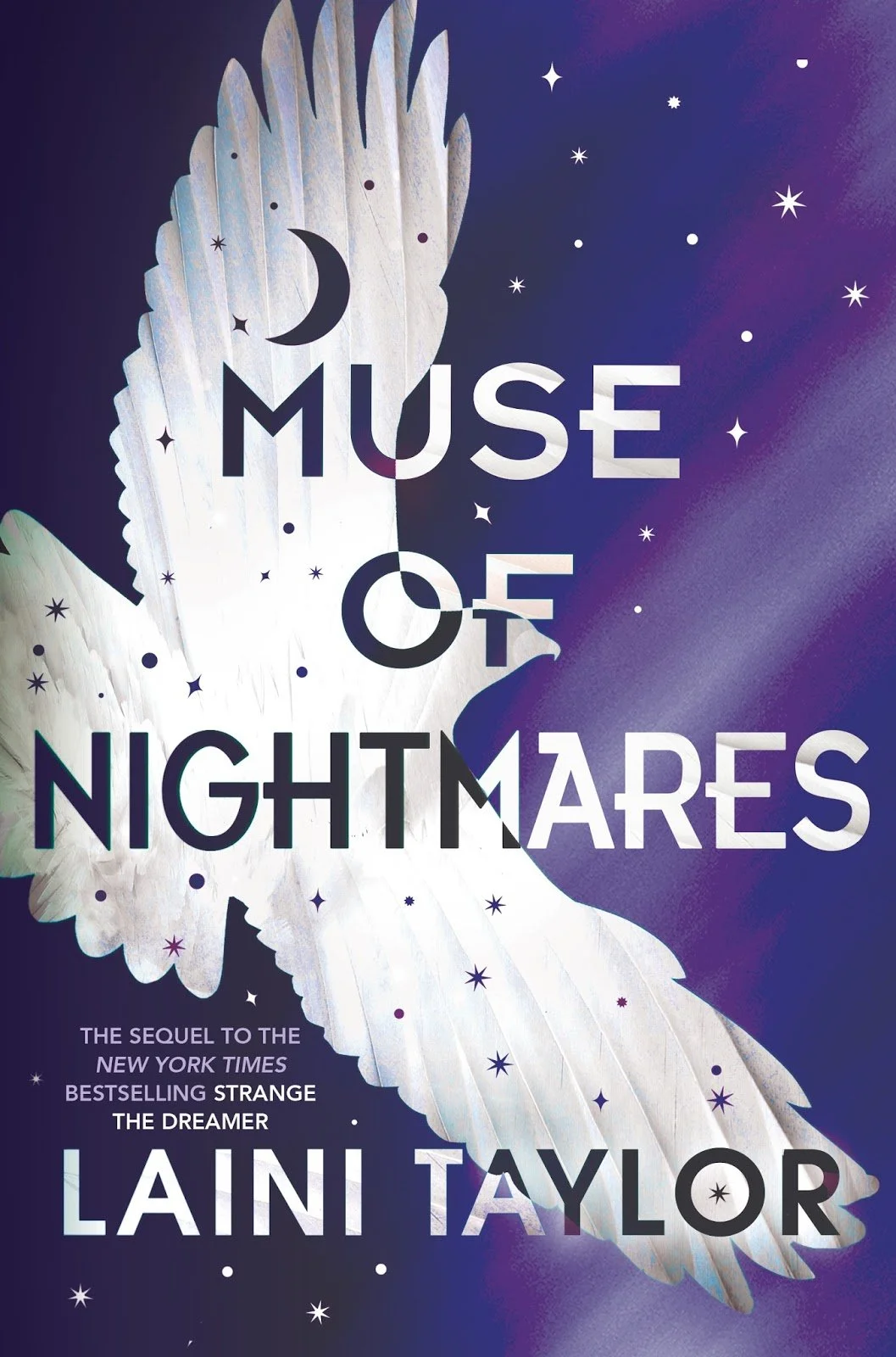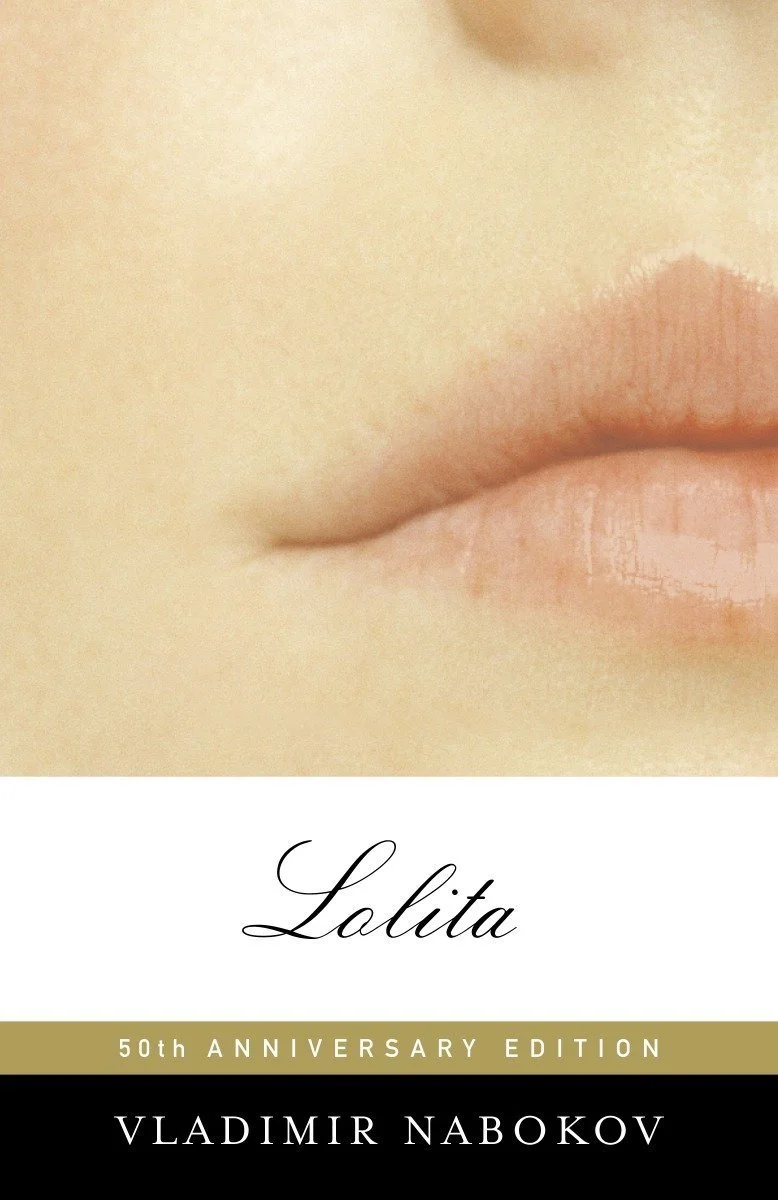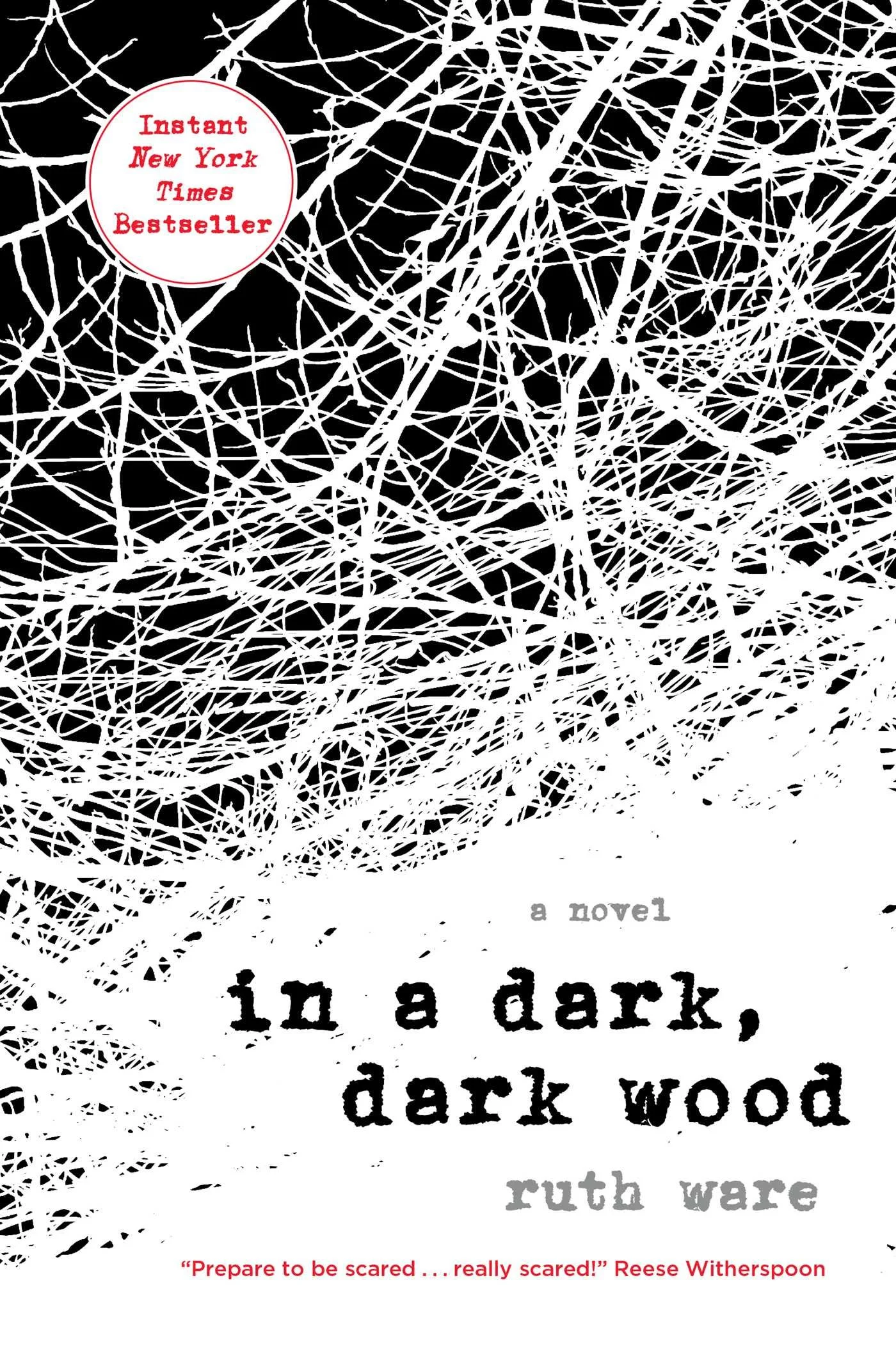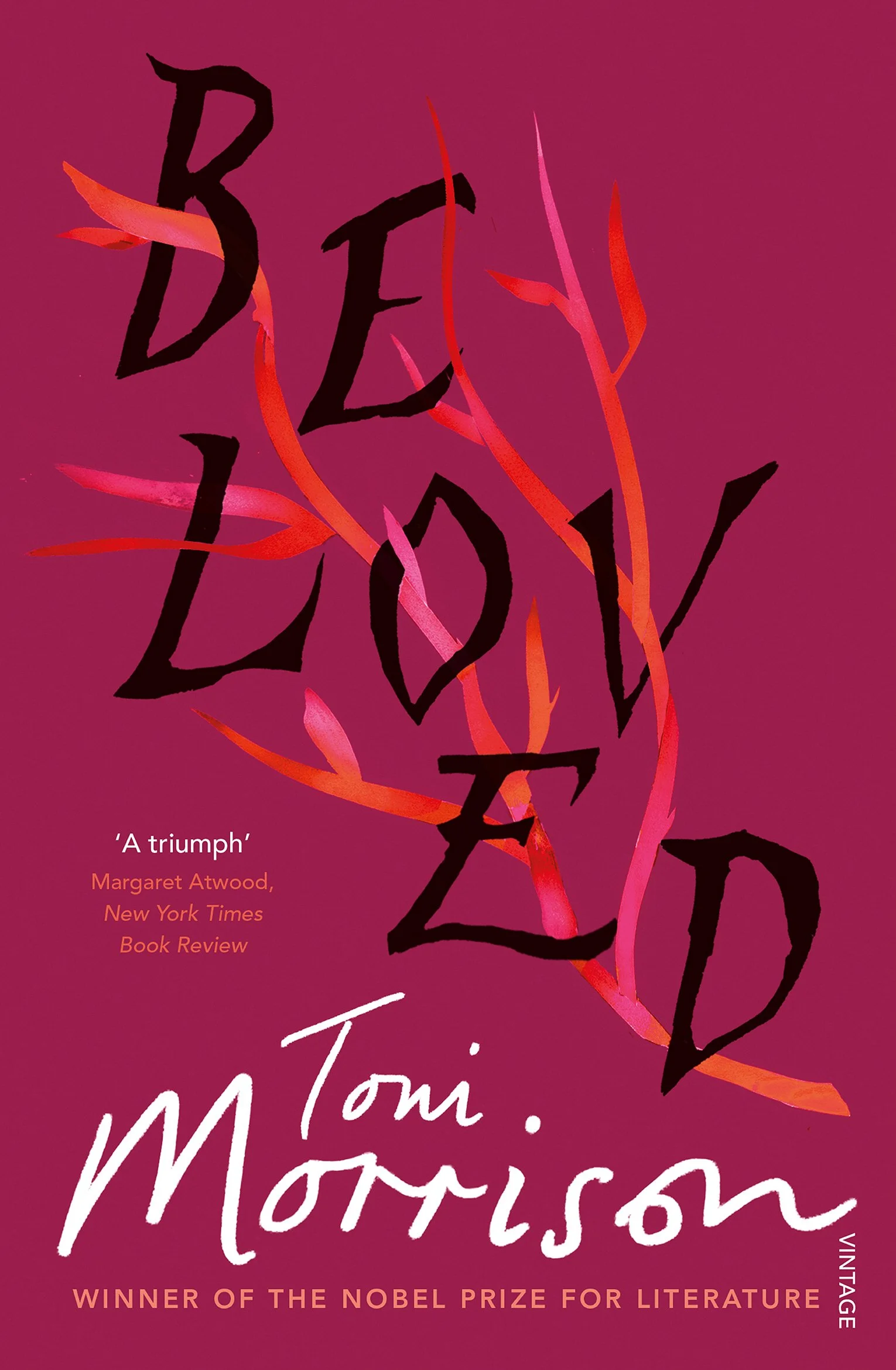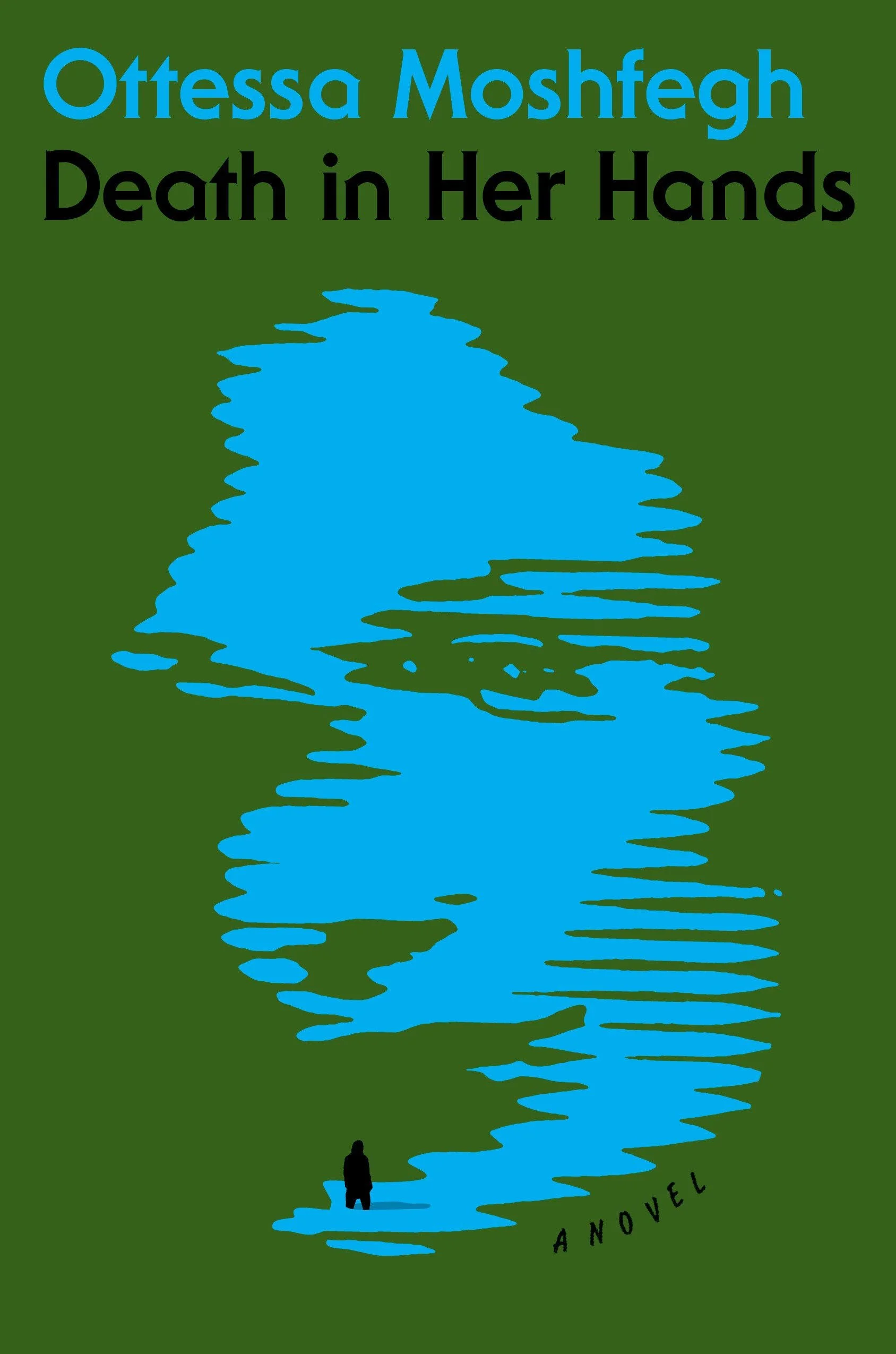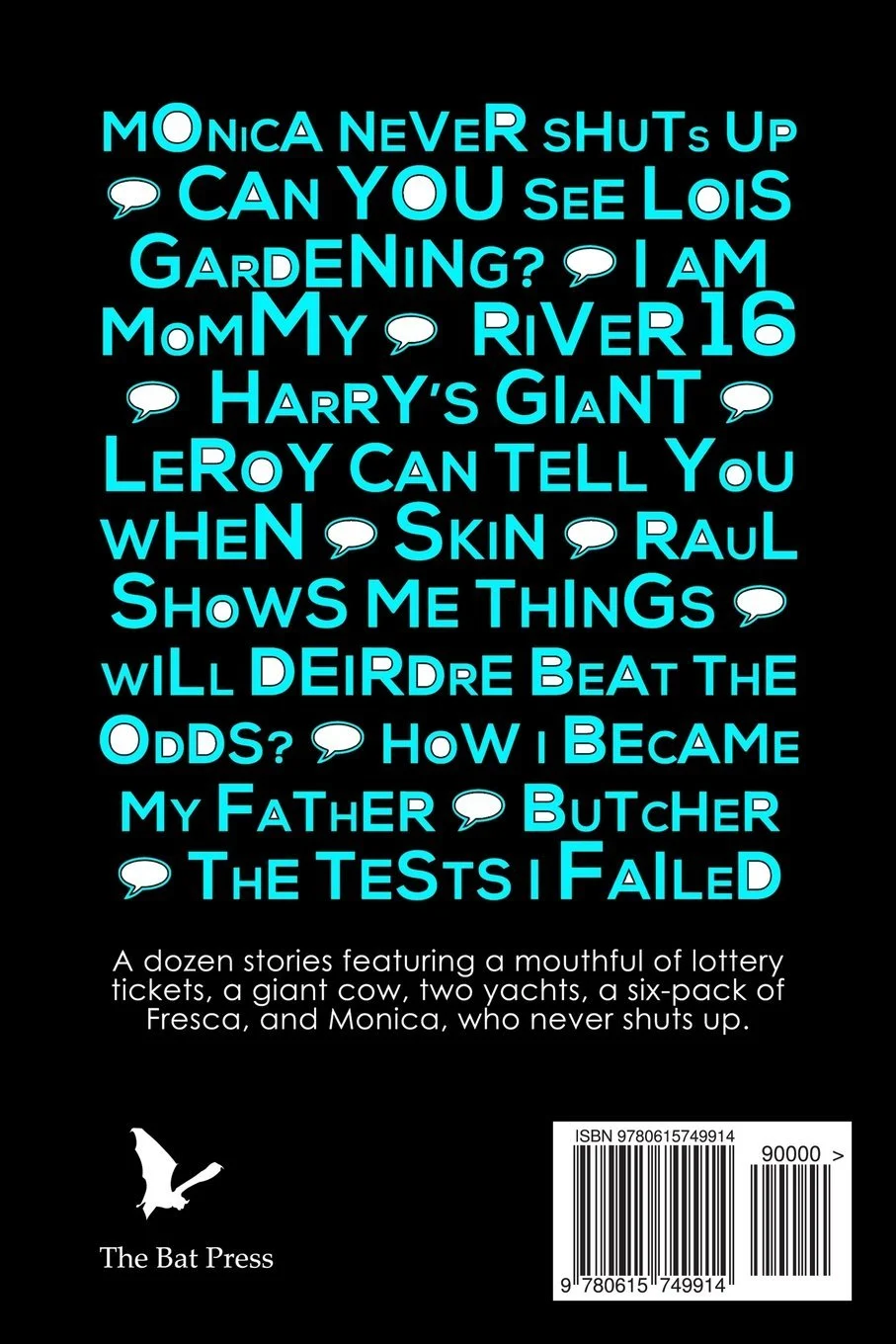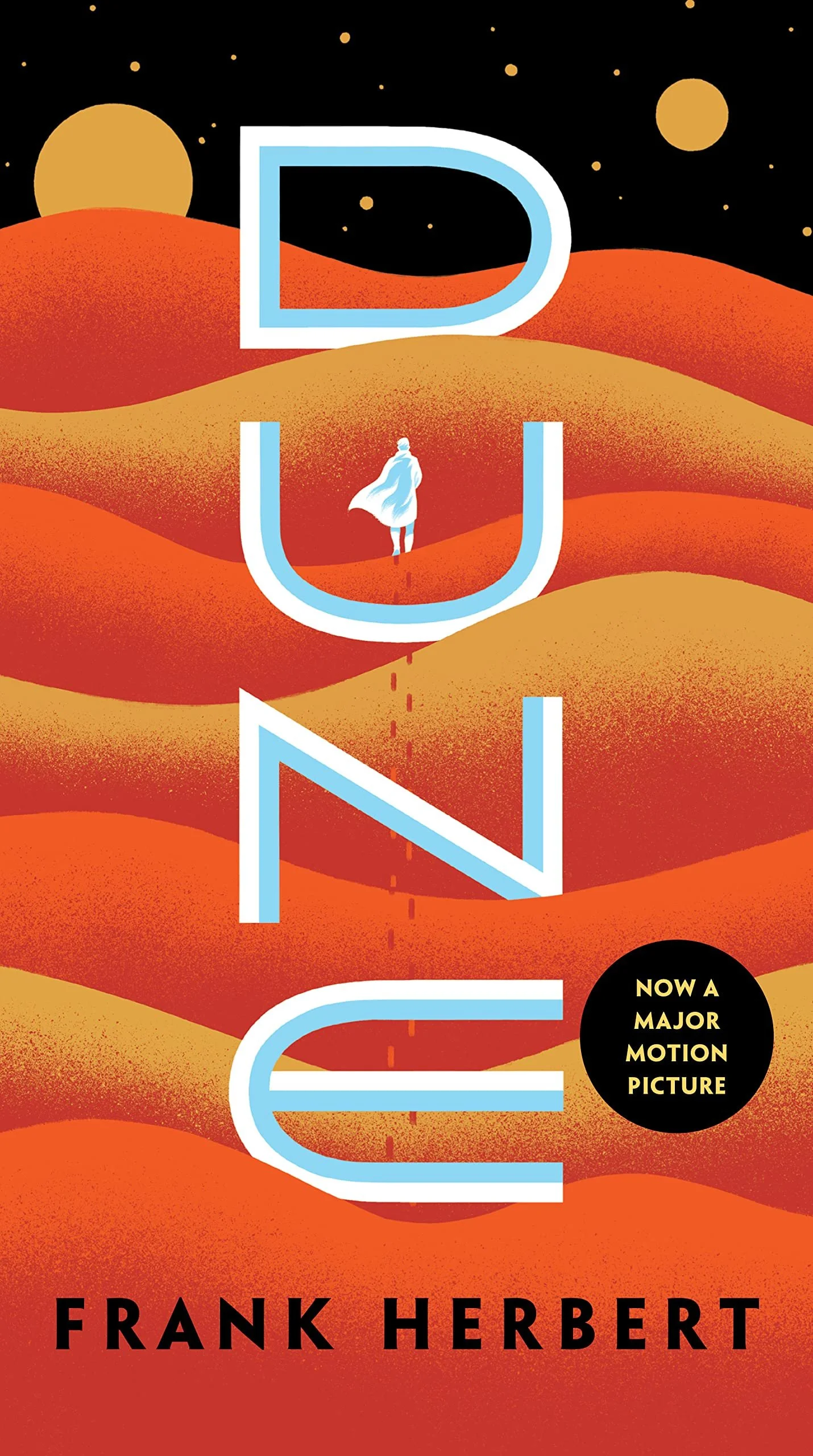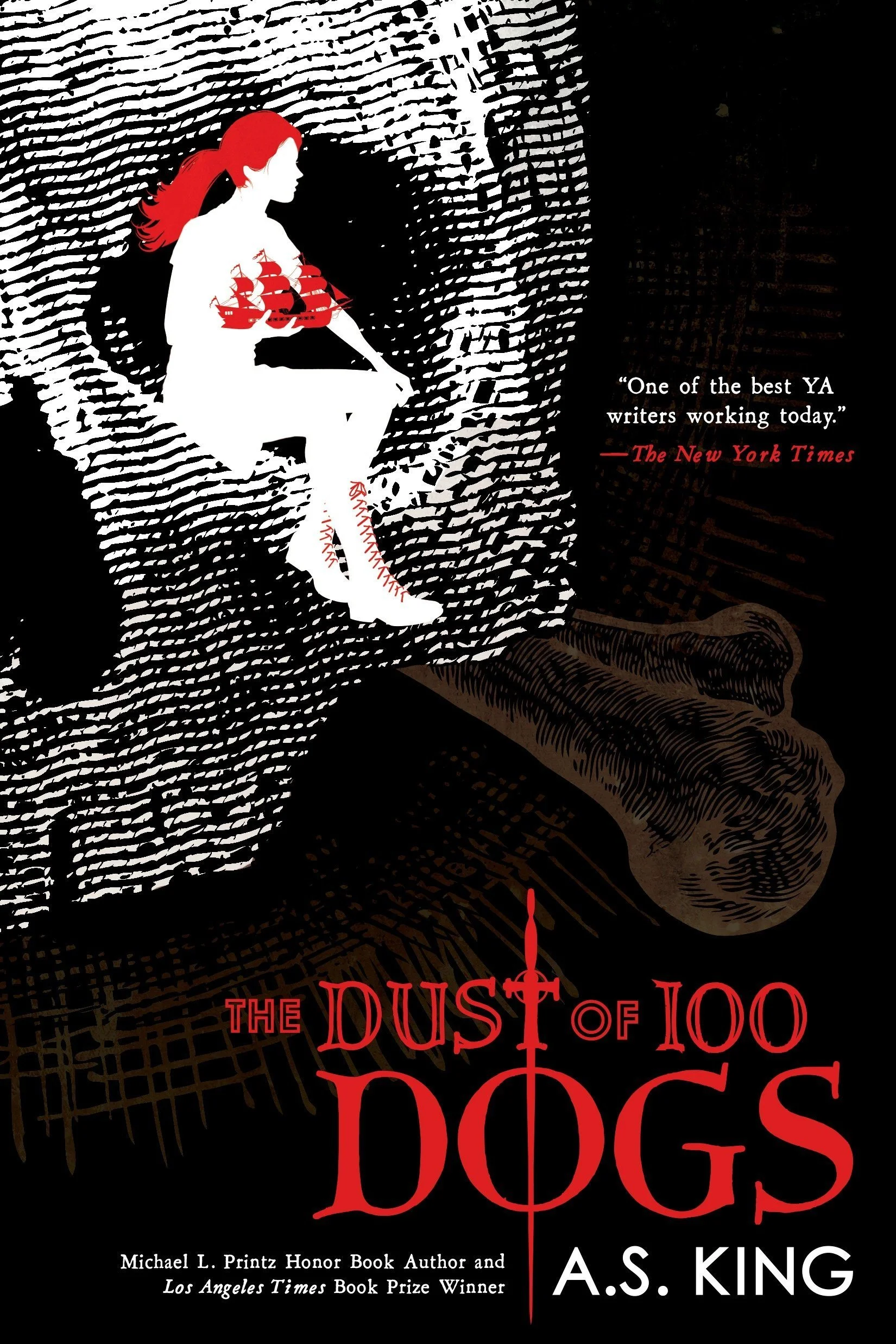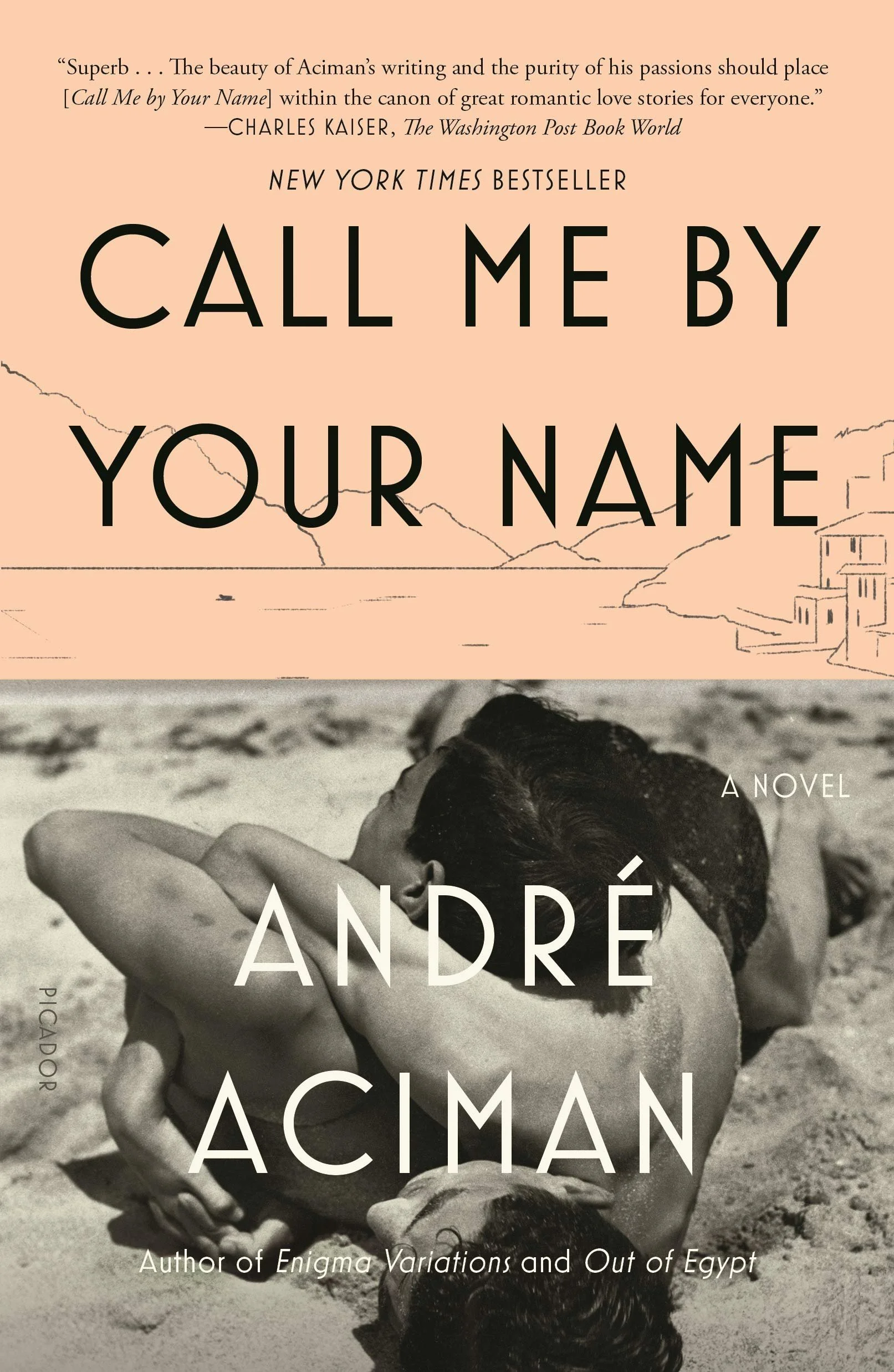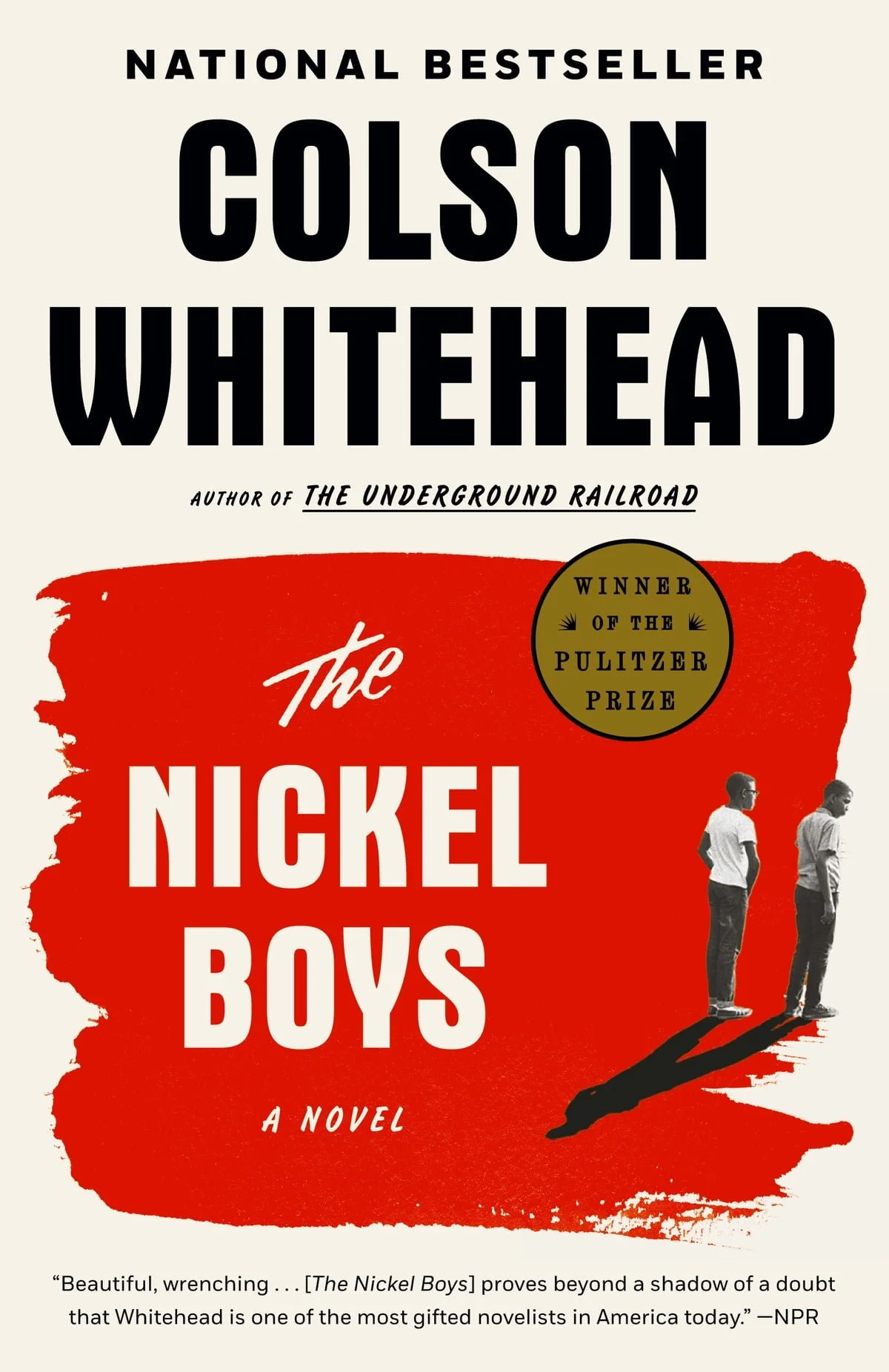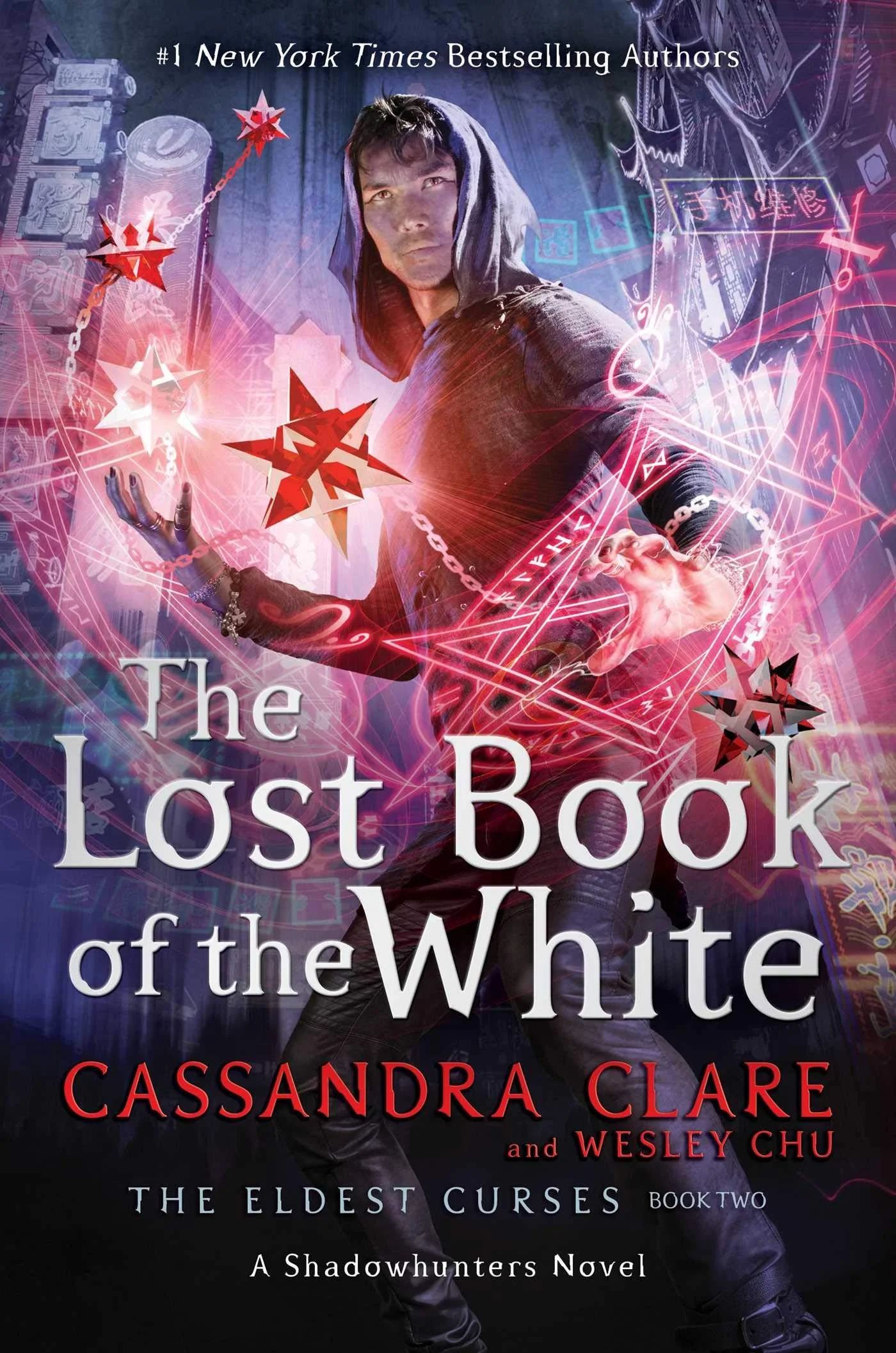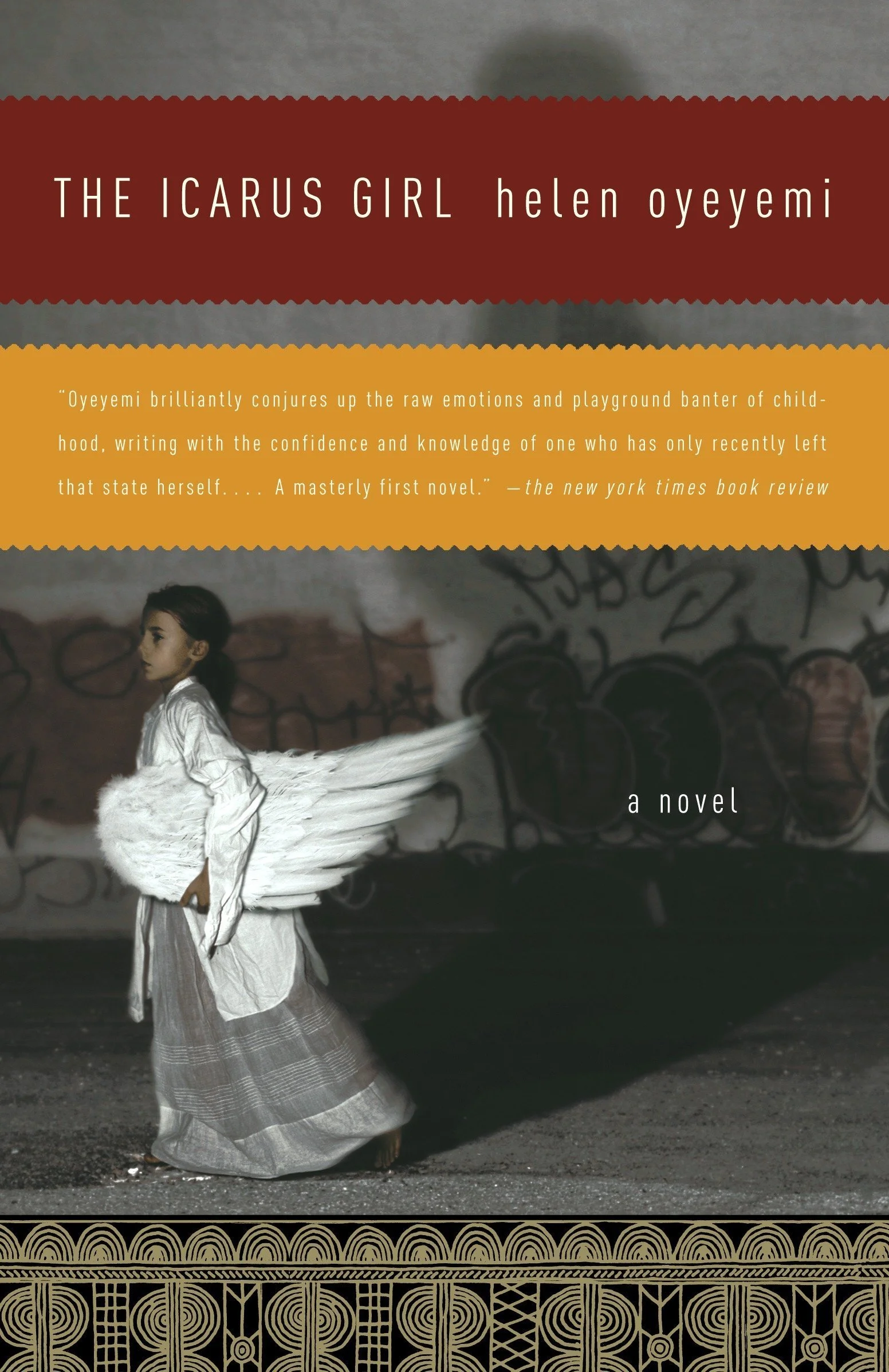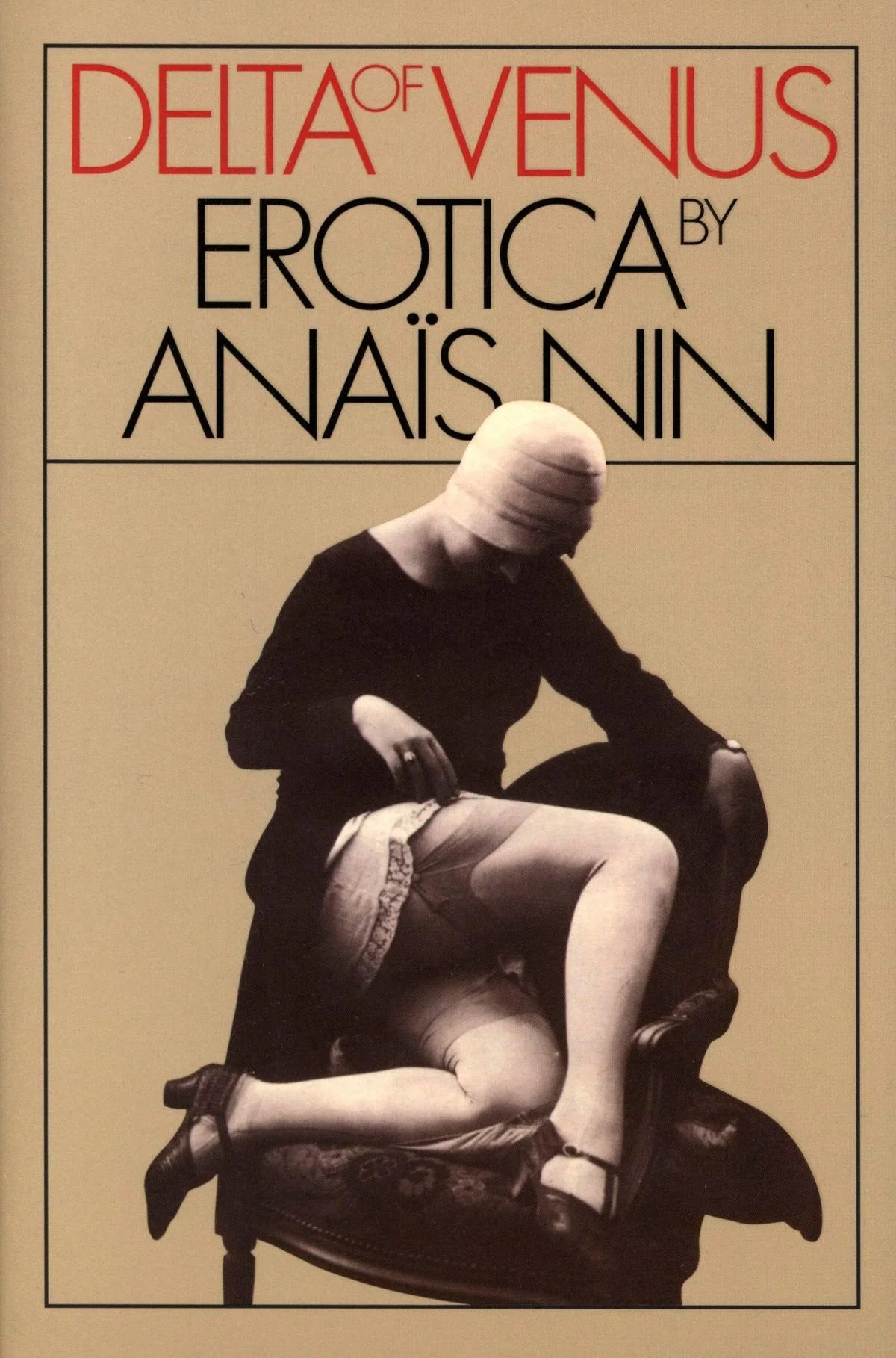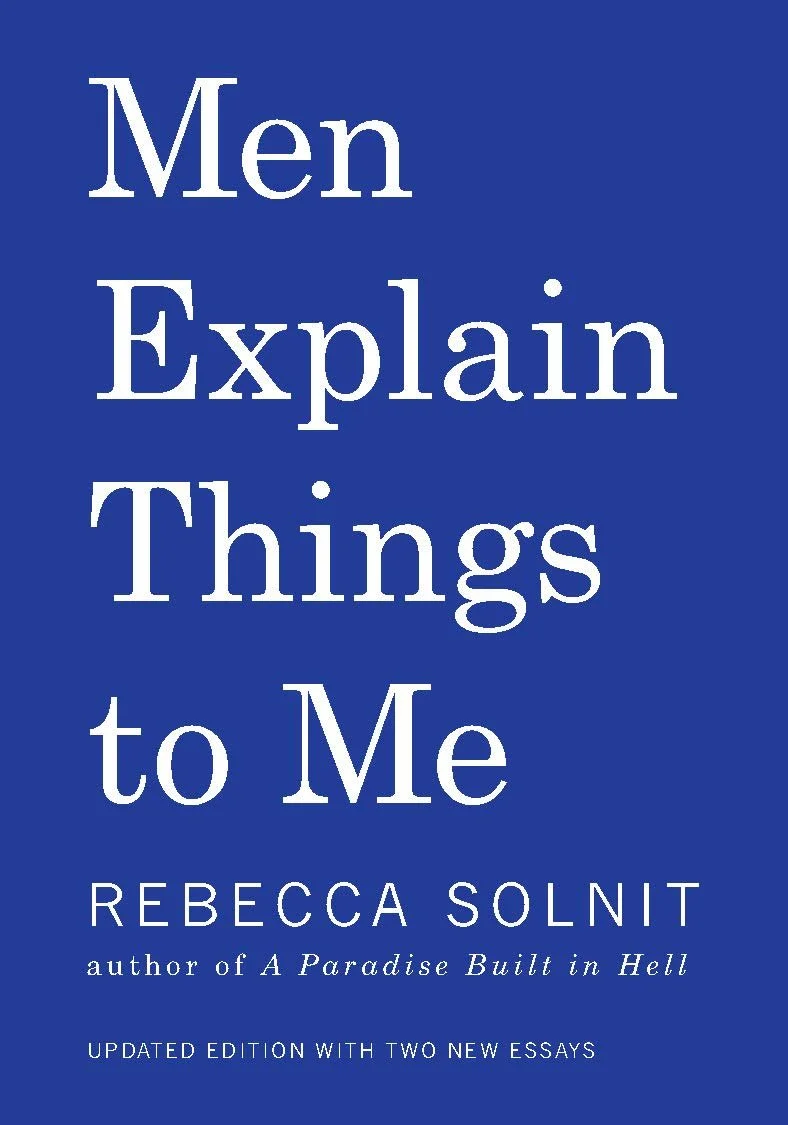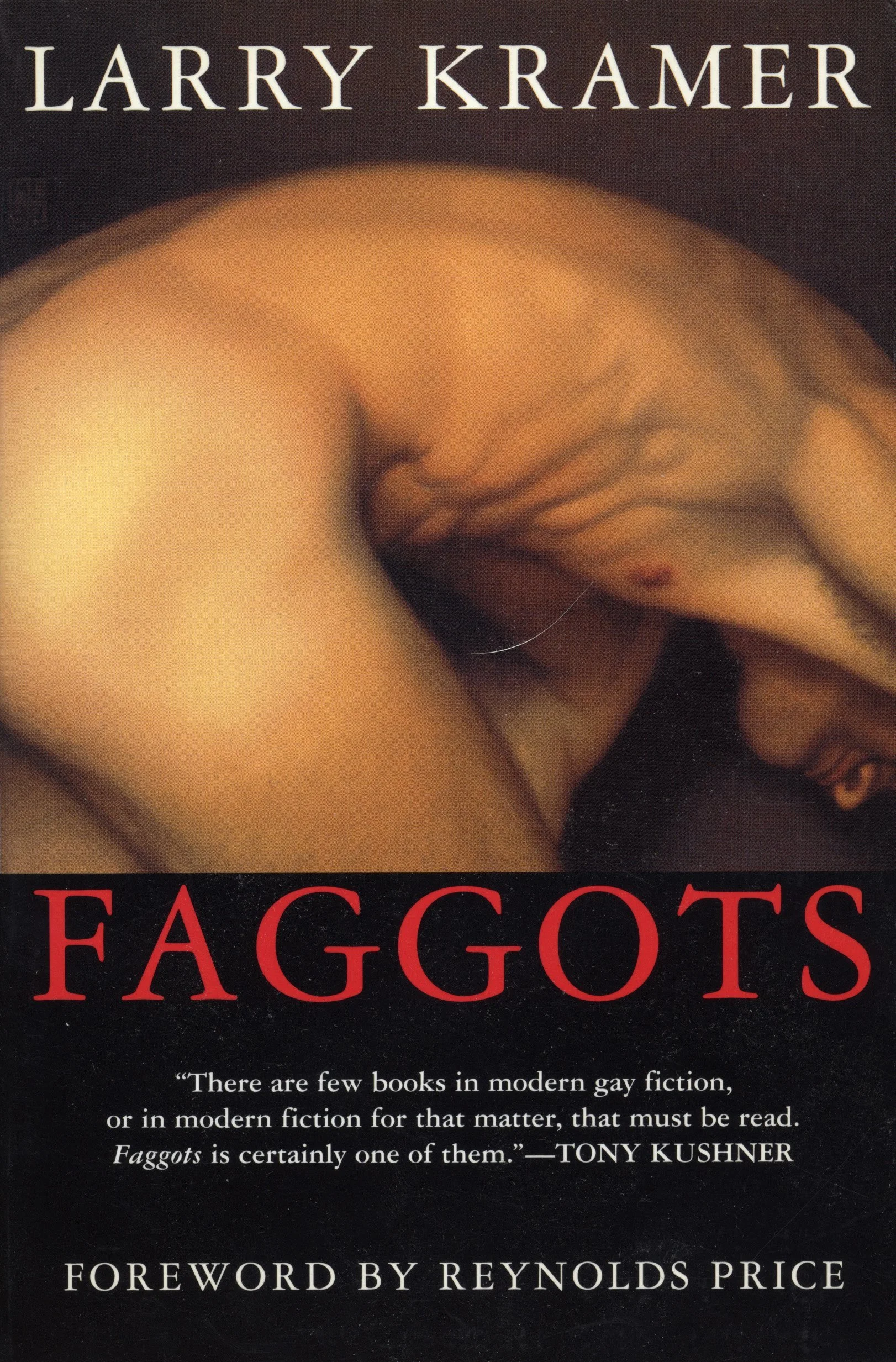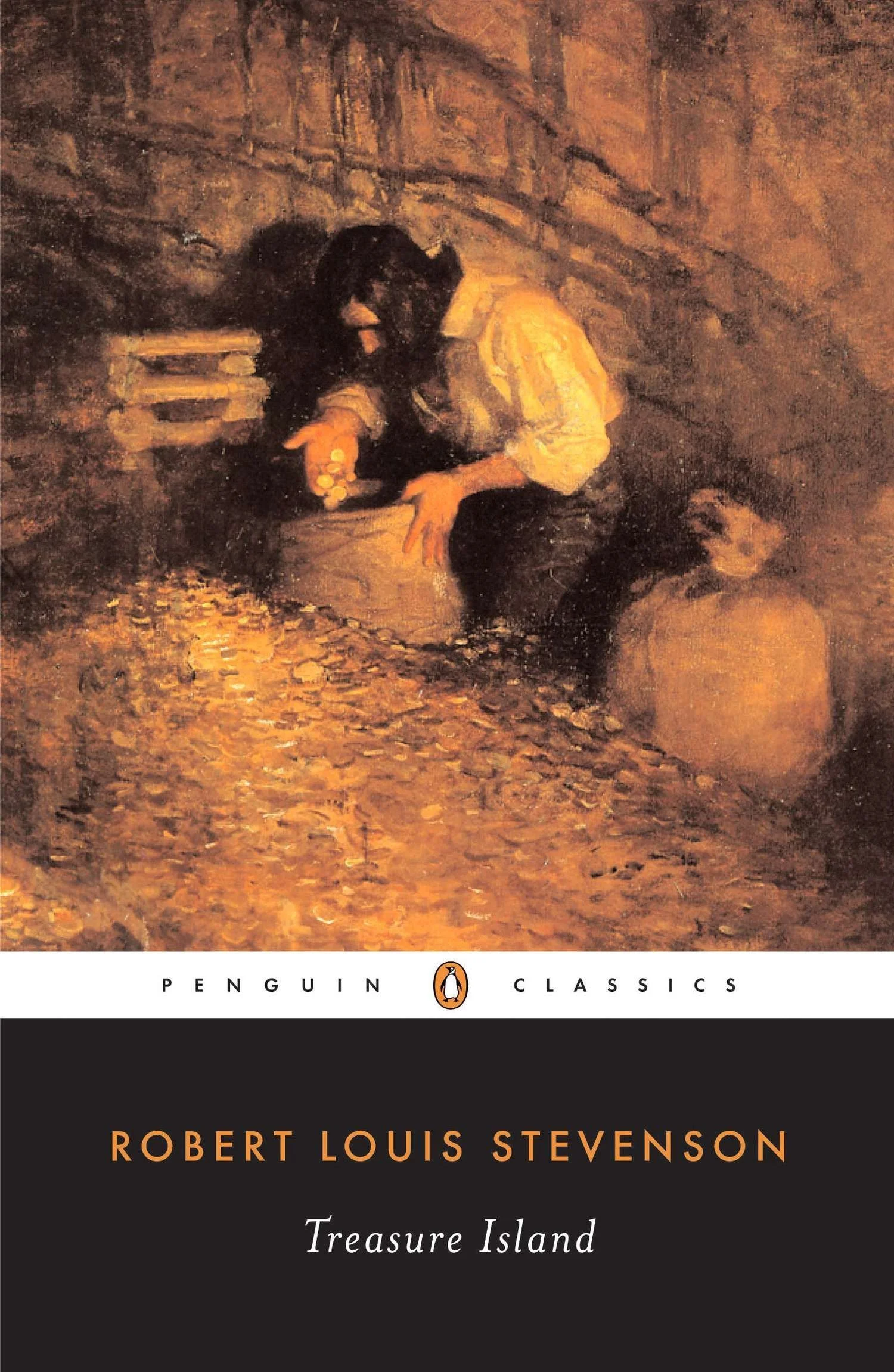2020 Reading List
1. Eileen Ottessa Moshfegh
4/5 Reading sounds: Swine by, Lady Gaga
This was the first book by Ottessa Moshfegh that I ever read. Sent to me from a friend, this book was described to me as, “a book I give to people who say they don’t like reading. Anyone could read this book.” I kind of disagree. I read this book in less than a day, but I was very surprised by what it turned out to be. I know you are not supposed to judge a book by its cover, but I was definitely feeling a noir thriller vibe from the design of the dust jacket and hardcover engraving (shiny author initials.. oooooh). This book turned out to be an uncomfortable, weird, and often disgusting character study leading up to the final ten(ish) page whirlwind mystery that didn’t really move the plot much. I don’t like to read dust jacket summaries before I read the book, and this is an excellent example of why. The summary mentions a plot point that doesn’t occur until the last **I’m estimating** ten(ish) pages of the book. I’m glad I went into the book knowing nothing, or I think I would have been let down by what a slow and steady burn this book is. As I said, I read this book in a day; I really enjoyed myself and felt that I was reading the book almost too fast to absorb everything I wanted to.
2. Homesick for Another World Ottessa Moshfegh
2/5 Reading sounds: The Prawn Song by, Superorganism
This collection of short stories was a weird experience. The stories were very characteristic of what I expect from Moshfegh. A character at the fringe of society. Some notable fixations and obsessions that tend to drive the story. But the focus is not on plot so much as character development; there’s just only so much character development you can do in a short story, and I felt myself longing for the format of a longer novel in order to explore the ideas presented in HfAW. Also I read this in a day, so I can’t honestly say I didn’t enjoy it. However, I only remember two specific stories from the collection, maybe. This might be something I reread in the future, and I bet I would end up enjoying more of the stories. YouTube videos, and online articles of Moshfegh doing readings and interviews for this book release were probably the best thing about this book.
3. McGlue Ottessa Moshfegh
3/5 Reading Sounds: Gay Pirates by, Cosmo Jarvis
This one was so short! 160 pages. I read this on the same day as Homesick for Another World, but I enjoyed this one much more. This has been a good year for pirate books and me. This is Ottessa Moshfegh’s first release and turned ended up one of my favorites of hers. Reading from the perspective of this alternatingly drunken and hungover sailor trying to remember anything he can about this crime his crewmates keep mentioning is all about and why he’s locked up in the ship’s hold is disorienting and understandably unenjoyable. In interviews (for HfAN, Eileen, and MYoRR specifically) Moshfegh has mentioned the overwhelming number of people who have told her that her books have caused discomfort in themselves or people they recommend the book to. This really emphasizes to me the idea of studying my own reaction to the words of an author just as much as I’m paying attention to the words themselves. When something makes me feel a certain way I wanna know why, and I want to know how that author made me feel that way! And Moshfegh always makes me feel stuff.
4. My Year of Rest and Relaxation Ottessa Moshfegh
5/5 Reading sounds: We Might Be Dead By Tomorrow by, Soko
This review is about to be messy, but I am just so excited. This book is 5 stars but I want to believe that the best book of 2020 isn’t going to be one I read in January. I read this book twice the first day I read it, and I got halfway through it one more time - this time dedicated to taking notes - before I finally put it down for another book. That copy of mine was lost by a friend (moment of silence & RIP that friendship & neu fone hoo dis) so I’m a little heartbroken, but that just means I can read it more. I cannot say enough good things about this book. The main character was one of the most unlikable protagonists I’ve ever read about - beaten out only by like Holden Caufield or the old man from Old Man and the Sea. Remaining a nameless protagonist for the entirety of the novel, she is on a journey to be reborn after essentially hibernating in a drug-induced state for a year with the help of her deranged psychiatrist Dr. Tuttle. The only part of this book that drug on a bit for my taste was a section involving a trip to visit her “best friend” Reva and Reva’s family. This book ruminates on decadence, the gaudy nature of American taste, trauma, mental health, and beauty. These are pretty heavy topics that require deft and proper handling which the protagonist is highly unequipped to manage. However, author Moshfegh maneuvers her protagonist through the story in such a way that said more than her protagonist ever could - as I’m learning any good author should be able to do. This book was the end of my start-of-the-year Moshfegh marathon, but it was the book that sealed my die-hard fangirl status.
5. The Philosophy of Andy Warhol Andy Warhol
3.5/5 Reading sounds: Digital Witness by, St. Vincent
This was another book I read at the recommendation of a friend. I am not sure how I felt about this book. Andy Warhol is fascinating, but reading from his perspective became…tiresome…very quickly. His POV almost felt reminiscent of some Tumblr blog I would have been obsessed with in middle school. This definitely shows how far ahead of his time he was. However, some of his concepts for different sections of the book got under my skin very quickly. An entire section was comprised of a transcription of a phone conversation between Warhol and one of his close friends. Andy barely says anything the entire time, so this chapter is mostly made up of the pointless ramblings of this nameless friend. This was a low point in the book for me. Other sections were more interesting - notably any part of the book where Warhol talks about his high-profile friendship with Elizabeth Taylor. Warhol’s obsession with fame and celebrity is on broad display in this book, and although it definitely reveals a gaudy level of privilege, it was very enjoyable to read about (think guilty pleasure reading, almost).
6. A Clash of Kings George R. R. Martin
1/5 Reading Sounds: Movin’ On Up by, Ja’Net DuBois
Honestly fuck this book. I spent a month reading this book, but I could have been reading so many other things. I have to read the book version of something before I’ll watch the movie/TV show, so I read the first GoT book like freshman or sophomore year of high school. Scratch that. I started it then. I did not finish until my senior year of high school. Danaerys’s story is basically the only thing that got me through that entire book, and she was even less present in the second book than the first. The lack of Ned Stark was a remarkable improvement though. Cat was a baddie. Sansa was fun to hate-read. Arya was not as exciting to read as I wanted her to be. Tyrion was much more interesting in this book. This book made me desperately want chapters from Cersei’s POV. Out of the entire book, I think that the standout moment for me had to be Cersei’s and Sansa’s conversation inside the castle during the battle on Blackwater Bay. The setup of the scarlet witch lady as a bad guy is cool, but I don’t feel much incentive to pick up the next book - it’s at my parents’ house if I feel the urge, and need them to send it to me. I gave this book one star because it is pretty impressive just for what it is. A sweeping fantasy story with enough detail to convince you that a real place named Westeros must really exist and Martin is just relating past experiences. How could he know what everyone is wearing and eating in every damn dining hall in the world? Psychosis? No way. My biggest issue with Martin’s writing style is that every single thing he talks about is given the same weight and density. A child in the kitchen will give you the same detailed description of their actions and surroundings as an adult in the midst of a battle. The prose seems to move at the same pace in both situations as well. It is quite disorienting to be reading Tyrion’s perspective of a battle, and it feels like the whole scene is moving in slow motion. That could be a characteristic of good writing, but it was not something I enjoyed. If something exciting is happening in the story, I really enjoy it when the reading experience reflects that. And I still haven’t watched the TV show.
7. Chain of Gold Cassandra Clare
5/5 Reading Sounds: Talia by, King Princess
I really do love Cassandra Clare. This book being released is what drove me to finish the last 300-ish pages of A Clash of Kings in a weekend - and I was worried I was never going to finish that book. Chain of Gold is the first book in Cassie’s newest series The Last Hours. It is also a loose retelling of Great Expectations. Characters from this trilogy have previously appeared in Clare’s various short story collections, The Bane Chronicles, Tales from the Shadowhunter Academy, and Ghosts of the Shadow Market. However, this is the first time we have seen these characters in a main trilogy. They are the children of the protagonists from Clare’s Infernal Devices trilogy. Cordelia Carstairs (the cousin of Infernal Devices’ Jem Carstairs) is my favorite protagonist Cassie has ever written, winning out over Tessa Gray from The Infernal Devices. I know, right. Cordelia is a devoted swordsman, a previous owner of the legendary sword Cortana which is currently wielded by Emma Carstairs in The Dark Artifices trilogy. Cordelia possesses the wisdom of Tessa Gray, the bravery of Emma Carstairs, and basically nothing from the often-thoughtless Clary Fray. Every time Clare decides to expand on her world, I expect it to detract from the whole. Instead, I am surprised every time I read her newest release and it checks every box I need a YA fantasy novel to check. The new cast of characters - the children of her characters from her Infernal Devices trilogy - are witty, smart, adventurous, and partial to some great banter. Bringing in special appearances from her beloved immortal characters is my weak spot, and Cassie KNOWS THAT. She KNOWS THAT. I just love Magnus Bane.
8. Dig. A S King
5/5 Reading Sounds: White House by, Bibi Bourelley
A S King is another author like Cassandra Clare who I have been reading since I was in middle school. This is - not easily - probably the best book of King’s I have ever read. Dig. is about a cast of very different people - whether they know it or not - piecing together how they fit into the same story. The story tackles topics like racism, white privelege, intergenerational trauma, family, and secrets. A S King won the Michael L. Printz Award for this novel in 2020, and her acceptance speech gave me chills. She has a way of telling stories that is truly remarkable. If this novel was not about teenagers, I would not think that this is a YA novel, but that is part of the beauty of A S King’s writing: Her stories about young people are valuable and important to just about anyone old enough to read. I didn’t realize that the blobs on the cover of the book are potatoes until after I finished the book, and although I did not shed a single tear reading the book, that one starchy epiphany got me bawling. I finished this at the beginning of Spring Break a.k.a. the first day of the end of the world (16 March 2020), and this was the beginning of an A S King binge that lasted a while.
9. I Crawl Through It A S King
2/5 Reading Sounds: Hang On Kids by, Ghost Mice
This is probably my least favorite A S King book. The story was good. The symbolism and metaphors were at times overwhelming. Sometimes when King’s writing gets to be too much for me, I can feel myself distancing myself from what I’m reading, and this is what started happening with this book. Too much A S King. Too little time. I could barely keep track of what everything was referencing back to. By the end of the book, I was not as invested in the story as I wanted to be. I think this is a book I will need to revisit in the future.
10. Reality Boy A S King
3/5 Reading Sounds: X by, Poppy
This is the first A S King book I have ever read entirely in one sitting. Most of the time her themes and plots are so heavy that I cannot make it through without stopping to sleep or breath or just spreading it out over several days at least. This book felt like watching a movie. It was about a child reality star turned meme. Viral moments from his family’s reality tv show capture him being a horrible child (think Honey Boo Boo but without the catchy punchlines)(but also kind of Honey Boo Boo with the punchlines too). This book examines the family dynamics that surrounded the filming of a show that manipulated such young and impressionable people as the protagonist and his siblings for the sake of entertainment. How does that kid feel being seen by the world? How does that kid feel ten years after the show is off air? I’m not sure I would ever think about this on my own, and I was a little surprised that A S King would be the author to tell this story. But that shows what I know.
11. Me and Marvin Gardens A S King
3/5 Reading Sounds: A Better Son/Daughter by, Rilo Kiley
The first middle grade book of A S King’s I have ever read. This book was so good. Topics like environmentalism, family, and consent are explored throughout this story. Our main character finds a new species of animal walking around his family’s land, and sort of adopts him, naming him Marvin Gardens (yeah, like Monopoly). This story was short, sweet, and hard-hitting. Approaching topics like environmentalism from the perspective of a child - someone normally left out of this conversation entirely - is an interesting take. It would be much harder to defend destroying the planet to someone who’s just trying to figure out how to grow up. Seizing this idea, King places her young protagonist directly in the middle of the conversation. I think if anything else this move reveals the idea that the mere presence of children in a conversation like this can throw into sharp contrast the consequences of usurping nature and the steps to be taken in order to make a difference.
12. Muse of Nightmares Laini Taylor
4.5/5 Reading Sounds: Past Lives by, Kesha
This is Taylor’s sequel to Strange the Dreamer which I read back in 2016. Her prose is as always stunning (I’m thinking of her Daughter of Smoke and Bone trilogy in particular). This novel only proves how cunningly she is able to weave together storylines. As is characteristic of her novels, Muse of Nightmares discusses the improbability of peace between people who have ingrained war into their own histories. Taylor has again written what feels like a modern fairy tale, a story so sweeping and beautiful that it feels wrong to close the book after finishing.
13. Lolita Vladimir Nabakov
4/5 Reading Sounds: Glory and Glore by, Lorde
Did I like this book? Ok. So my introduction to the ideas and themes of this novel came from heterosexual sad girl and gay icon Lana Del Rey. Yeah, I know. Don’t look at me like that. But on Lana’s first album Born to Die she had two songs - Carmen and Lolita - that both seemed to take heavy nods from this monumental Hotel 8 sugar daddy rendezvous road trip aesthetic. Lana told me a story about a girl using her looks to seduce men because she’s a bad girl. Enjoying these songs and listening to the message led me to believe this novel was about that. I was so wrong. This novel is seemingly just a haunting story about a depraved human with lushly written passages of skull-grinding crocodile tears. Through confessional letters penned by Humbert Humbert, the reader is told the story of Humbert’s obsession with Lolita, the twelve-year-old daughter of a woman Humbert is renting a room from. After her mother dies, Humbert takes the child into his custody and proceeds to rape her later in the story. At times it seems that Lolita is somewhat willing, but other times it is less consensual; eventually you see the effects of this relationship in Lolita’s character arc, and they are fairly catastrophic. The first time I realized that Humbert is an unreliable narrator was when he kept repeating how handsome he was. When describing himself the first time, I thought this was a fairly unremarkable detail. The second time he said it, I was annoyed. But when he repeated it after that, I realized that I still didn’t really know what he looked like. At one point he describes himself as looking like one of those handsome Hollywood movie stars that Lo was so obsessed with. So I clicked on my new reading lens of not believing a single thing he said, and the book became something else. It was again the shady extravagant sob story of a seedy pedophile. This book held my attention the whole time I was reading it. It was the kind of thing that can really scare you if you think about it too much, and that is what the book seemingly asks you to do. I came out of this book feeling not great, but I think it was good that I read it. It was a masterclass in storytelling from an author I have never read before now. Did I like this book? Honestly, no.
14. In a Dark, Dark Wood Ruth Ware
2.5/5 Reading Sounds: Bang Bang (My Baby Shot Me Down) by, Nancy Sinatra
This was recommended to me by a friend, and I really enjoyed it. It was kinda spooky, and I just bought Beloved knowing I would need something lightweight after Lolita. The whole mystery happens at the main character Lee’s high school friend’s bachelorette party. It is a weekend long event that takes place in a giant metal and glass house in the woods. One entire side of the house is a giant pane of glass facing out into a seemingly solid wall of trees. Over the course of the book, Lee thinks about how they are arranged much like dolls in a dollhouse for the entire wilderness to look at and be entertained by. The thought disturbed me, and I wish it was explored more. The bad guy is kind of obvious, and I could not understand why Lee accepted the invitation to this estranged friend’s bachelorette party in the first place after all the horrible backstory you learn later in the story. It was a definite thriller though, and the atmosphere was on point. I think it was picked for Reese Witherspoon’s book club? And it definitely had a similar feel to Big Little Lies. Reese was in that, right? I only read the book. Don’t look at me like that.
15. Beloved Toni Morrison
4/5 Reading Sounds: Ode To Billie Joe by, Bobbie Gentry
Did I like this book? Haha, but this time it is a little different though. I decided to read this because I’ve only read one other Toni Morrison book (Sula), and that was for school. Also, Oprah is in the movie. I really enjoyed Sula, but it did kind of intimidate me. Approaching Beloved made me doubly nervous maybe just because of the fact that its like almost twice as long as Sula. It’s also extremely famous, so there’s a lot of stuff to pick up that I know I’m not going to pick up on. At times it was painful to read the physical struggles of Sethe as she traverses the wilderness in order to avoid the main roads of transportation in post-slavery America. Graphic scenes of violence and abuse underscored the story of a multigenerational family in the mid-1800s. There were ideas in this book that hit so close to home because it felt like I had thought of them before, and Toni Morrison had picked it out of my head and found the right words to explain to me how I was feeling. Being able to believe something into existence is a theme that runs through this story. Although no mainstream religion is ever explicitly an important factor in the story, there are conversations running throughout that look at this. When I finished the book, I did not want to watch the movie anymore.
16. The Color Purple Alice Walker
5/5 Reading Sounds: After Laughter (Comes Tears) by, Wendy Rene
I read this book in a day - I am so sorry to the kids I was babysitting, they were so mad at me that day - and I could not have been more surprised by that. This book is arranged as a series of letters written from our protagonist Celie addressed at firs to god and then later to her sister. The writing in this book was so vivid. I could hear the book. In middle school, I remember learning about the dialect masters like Mark Twain. My teacher would spout off about not just what the characters were saying but the way the characters were talking. Alice Walker is up there with the most realistic dialogue I’ve ever read. I could hear her characters, and giving them voices in my mind made me care about them so much more. LGBTQIA+ representation is not something I’ve ever really encountered in English/literature classes (I mean except for when I read A Picture of Dorian Gray and my teacher told me Basil was just really platonically friendly towards Dorian it had nothing to do with gay, or when we read Shakespeare - “it was ok back then”), and it was kind of mind boggling to realize this iconic story has been sitting under my nose this whole time. I did watch this movie after finishing the book. Several times. And Oprah is the best part. But Sophia was the best part of the book, so no shots fired.
17. Death in Her Hands Ottessa Moshfegh
3.5/5 Reading Sounds: I Went To The Store One Day by, Father John Misty
This book was not something I would ever read if Ottessa Moshfegh hadn’t written it. It followed the story of an elderly woman living alone with her dog. She is piecing together a mystery - if you can call it a mystery - using some dusty bizarro crazy old lady logic that just happens to keep panning out. If I had to compare it to the rest of Moshfegh’s books, I would say that it is most similar to Eileen just in the way that she tells the story. It feels like Eileen could have even grown up to eventually become this narrator, as upsetting as that is. There were barely any characters in this book, which created a sense of loneliness and isolation that was ever-present throughout the story. Atmosphere: Check. Slightly frightening protagonist: Check. Description that you don’t like repeating when people ask what you’re reading: Check. Ottessa has done it again. I love it. I live for it. What did she do? That. Periodt pooh.
18. Monica Never Shuts Up A S King
3.5/5 Reading Sounds: TALK DEEP by, E^ST
Hey Amy. I love you. This is a collection of short stories from I think my most-read author this year. Normally short stories are a dime a dozen. Ya know, There’s one or two good ones out of a whole collection. But there was maybe only one that didn’t click for me. These stories hit precisely, and they hit hard. King tackles old and new topics like abuse, addiction, environmentalism, and being grown up. This was an interesting change of pace and one that led me to notice that this is the only published “Adult Fiction” of A S King that I have read or heard of. I want to reread these, but my dad has been reading them for like 3 months now - I promise the book is not that long, my dad’s just a freak.
19. Dune Frank Herbert
3.5/5 Reading Sounds: The Rum Tum Tugger by, Cast of CATS (the 1999 version duh)
I don’t normally like sci-fi, but Dune was incredible. My friend asked me if I had ever seen or read Dune this summer. I said no, and I don’t really even like Star Wars, so ya know, please don’t get your feelings hurt when I zone out right now. But this friend was too smart for me. He used the one word that he knew could cut through any defenses I put up against 80s movies based on world-famous sci-fi novels compared to the likes of Tolkien. The word he used was: Zendaya. Ok, so I had to read this book. And I did! When it came in the mail, my parents thought something major was happening. Why was Aaron reading Dune? These characters, though, are spectacular. Lady Jessica and Paul are two of the coolest characters ever. They are just so. so. so. cool. This book talks about environmentalism, politics, and religion in a way that makes the book feel much newer than it is. I did not realize that this book was released in the 60s until I was almost a third of the way through it. I was surprised at how accessible this book was considering how much Herbert packs into every little piece of the plot. I don’t know if I am going to continue the series, but I am definitely intrigued.
20. The Dust of 100 Dogs A S King
3/5 Reading Sounds: Hard Out Here by, Lily Allen
This is A S King’s first book, so it was interesting to read for that reason alone. The story itself was not something I would normally be attracted to, but this was a good year for pirate stories! A girl in the 18th century grows up to be a pirate before she is killed and cursed to live 100 lives as a dog before returning to human form in America during the 1980s. Now going through high school, she plots to return to Jamaica and reclaim her treasure. Part of the book is written from the perspective of the protagonist during her childhood in 1800s Ireland, and this was very hard for me to get into at first, but these sections ended up being my favorites by the end of the book. Trying to imagine someone having lived so many lives and now being forced to go through the drudgery of high school was a little hard to wrap my head around, but perhaps this explains my forgiveness for her when she does some unintelligent things in her rush to get to where she’s going. I really enjoyed this overall.
21. The Ballad of Songbirds and Snakes Suzanne Collins
4/5 Reading Sounds: The Pantaloon by, Twenty One Pilots
When I first heard that Suzanna Collins was writing another Hunger Games book, I was dismayed. When I heard that the protagonist was going to be a young President Snow growing up in Panem’s capital, this did not help the situation. However, there was no way I was going to miss out on this, so I picked it up. I was very shocked by what I found. From the very beginning of the novel, Collins is drawing almost direct comparisons between Capitol life and District life. It is disturbing to see the creation of what becomes the Hunger Games as audiences know it in the original series. A lot of the backstory was not anything the audience would have missed not knowing, but there are some hidden minefields of meaning that are flayed open to be examined by the reader (the day of the reaping is July 4th). In looking at other reviews of this book, I have noticed many readers agreeing that this book was unsolicited to some extent; who wanted to know about President Snow’s childhood? What good is there in humanizing a child killer? How does the reader benefit? To this reader I would argue that this story does not humanize President Snow. Rather, every chance Snow is given to redeem himself in any way, the only person he chooses to serve is himself - unless he stands to gain directly from serving someone else. Although I question Collins’ decision to make Snow the protagonist of this story, there was a lot to be said for the monstrosity she has created. The best characters in this story - Tigris: Snow’s cousin and a recurring character from Mockingjay, Dean Highbottom: dean of the Capitol Academy, Dr. Gaul: Head Gamemaker, Sejanus Plinth: ex-district Academy student, and Lucy Gray Baird: District 12 tribute for the 10th annual Hunger Games - go largely unappreciated due to his negligence as a narrator. Listen, President Snow sucks, and the Hunger Games are not fun to read about, but this was possibly my favorite book out of them all. Its either Ballad of Songbirds and Snakes or Mockingjay for me. Dark, unsettling, ominous, political.
22. Call Me By Your Name André Aciman
22. Call Me By Your Name Andre Aciman
0.5/5 Reading Sounds: Visions of Gideon by, Sufjan Stevens
Is 0/5 allowed? It has to be, because I make the rules. But like I have to give credit for writing a book, because that is hard to do. And it’s not a badly-made book. I guess. It just sucks. I bought this in the same Amazon cart as Lolita. That was my bad. Okay? I read Lolita first, and then getting into this book felt like some sort of cosmic test. I got 11 pages in and put it down, telling (not) a few people, “I’m just not horny enough to read this right now.” And then I tried to forget about it, but my friends told me they were watching the movie last week, and I needed to come watch, and I really do love Timmietay Chalet, but I hadn’t read the book since those first 11 pages, and that was like 2 months ago at this point, so I ended up reading this book in a day on my couch, and I hated pretty much every second of it. There’s a 17 year old boy Elio who’s in love with the 24 year old summer guest Oliver who is living with Elio’s family this year in their beautiful Italian home; and I think it’s the 80s. There is a thin line between desire and shame, a tightrope that Aciman wobbily manages at best. The tension between Elio and Oliver is the driving force for the entire novel; most of the time, they aren’t even talking to each other, but the telepathically, passive aggressively closeted action of this story mostly revolves around whether Elio and Oliver are on “speaking terms” on any given day. That is, up until close to the end of the summer, when they finally consummate their forbidden love in an act that’s at once sweet, but also salty at the same time. I understand the idea that Aciman was digging at fit with the context of what’s going on in the story, and it may even enhance the idea. I just felt that it was really creepy. Through the eyes of a seventeen-year-old I can understand feelings of lust towards a man who is twenty four. I think that this is why the novel is successful, because if the story was told through the eyes of Oliver, I do not think audiences would be as accepting of his feelings of lust for seventeen-year-old Elio. The ending was upsetting for any number of reasons - yes it made me cry, but it felt awful the whole time I was doing it - but I won’t say anything about that here. The movie was not any better than the book, but it took much less time to watch it than read it. Timothee is pretty (My sister kept calling him Peaches when we were watching Lady Bird, and it didn’t hit me in the middle of this movie) and so is Italy. The music for the movie was pretty good too. I would not recommend this book to anyone unless I wanted them to stay in the closet. (That’s not a good thing.)
23. Someone Who Will Love You in All Your Damaged Glory Raphael Bob-Waksberg
3/5 Reading Sounds: Valentine’s Day by, Mal Blum
This was another collection of short stories. Raphael Bob-Waksburg is known for creating Bojack Horseman on Netflix. This is his first published work as an author. I was recommended this book by a friend who has never seen Bojack Horseman, which is how I knew it was going to be good. The book was about love, but not to bore you. Compared to short story collections from earlier this year, this felt more like a solid and cohesive set of stories. Only a few really stood out to me, but the ones that did were true standouts. My favorite was probably one about a rock band that gets super powers. In order to use their powers, they have to be wearing the pendants they wore when they received their powers, and they have to be drunk. In fact, the drunker they get, the more powerful they become. Raphael Bob-Waksburg, please give me a whole book of this. Please. Other stories were not as memorable. I would talk about them, but I don’t rememberrrrr. I’m so sorry. But I recommend this book so much. It was that voice that makes Bojack able to say whatever the hell he wants without me turning off the TV, it was that voice that guided me through this sometimes hopelessly tragic book. Bob-Waksburg said at a book reading that your reaction to his book says more about your perception of love than his own presentation of love. In that case, no offense taken.
24. The Nickel Boys Colson Whitehead
3/5 Reading Sounds: The Suit That Won’t Come Off by, Fantastic Negrito
It’s October 1, and I still don’t know how I feel about dropping spoilers in these book reviews. This makes it especially difficult to talk about The Nickel Boys. I had never heard of Colson Whitehead before picking up this book, but the shiny Pulitzer Prize Winner sticker on the front cover caught my attention. This created an abnormally large standard for this book as I first started reading, and not once was I disappointed. The character arc of our main protagonist, Elwood, gave me immense anxiety from the beginning. His positive outlook on life as a young Black boy in 1960s America gives the reader the sense that he has yet to feel the wearing and tearing of racism and bigotry, and the messages that he is trying to internalize as he grows up are not easy to swallow. He avidly consumes speeches from Dr. Martin Luther King Jr., and he quotes them many times throughout the novel. Specifically Elwood is inspired by “Loving Your Enemies,” a sermon delivered by MLK in Detroit in 1961. “But be ye assured that we will wear you down by our capacity to suffer, and one day we will win our freedom.” As Elwood moves through this novel, he is constantly faced with obstacles, men who would rather see him dead than successful, oftentimes based solely on his huge potential for success. Elwood is smart, brave, diligent, and perseverant. When he finally gets into college, a misfortunate hitchhike to campus lands him at the Nickel Academy, a reformatory school for juvenile delinquents. This is where the story really takes off. This book began in such a way that suggested to me a magnificent American Dream-esque plot line involving a young Black boy taking his limited resources and ultimately thriving. At every turn this story is torn apart, until l was left with the realization that the American Dream I thought was being described to me was more similar to the American Reality that exists today. By the end of this novel it is apparent that the safe storytelling I went into this novel expecting is a privilege not extended to the Black protagonists of much African American literature. As I tried to push through the middle section of the novel I kept finding myself complaining to people, “It’s not that I don’t like the book. It’s that I am not enjoying what I am reading at all.” I found myself distancing myself from the protagonist in an effort to get to the end less painfully. Self-reflection allows me to see the privilege in that statement, but these are not easy topics to read about. They are not topics many people want to talk about in my everyday life, either.
25. The Lost Book of the White Cassandra Clare
5/5 Reading Sounds: Carmen Suite No. 2: II. Habanero by, George Bizet
When I was in 9th grade, I wrote an article about my favorite author at the time Cassandra Clare. There was a post that Cassandra Clare wrote on Tumblr about how the age rating of her first novel The City of Bones was bumped up an age rating from 12+ to 14+ just because Alec (a main character) was gay. There were a ton of make out scenes with the main couple throughout this book, and at the end of it they think they’re siblings. But this was all fine, except for the fact that Alec was gay. He didn’t kiss anyone or have a romantic partner for the entirety of the book. But his sexual orientation being mentioned made it unsuitable for anyone under the age of 14. I was 13 at the time. The Lost Book of the White’s classification as Adult Fantasy rather than YA Fantasy made me think that this would be a more risqué journey into the Shadowhunter world than I was used to. So far, I have been proven incorrect, and this is the second book in the nearly concluded Eldest Curses trilogy. With only one book left, I don’t anticipate any large changes will occur that will justify the change in age-rating, except for the fact that this is the first LGBTQIA+ character who is pushed to the forefront as a trilogy protagonist. I still love Cassandra Clare’s books, and the idea that an entire trilogy would be given over to tell Magnus’ and Alec’s story excited me beyond belief. If I said I had high expectations that would be an understatement, because Cassandra Clare never really disappoints me. Maybe this book really was a 5 star book. Every time I get a new Cassie Clare book, I am so excited, but then I stress about finishing it too quickly and attempt to stretch it out over as much time as I possibly can. I’m not sure if this helps me to enjoy it more or less, but I do it anyway. With so many characters in her newer series (The Dark Artifices and The Last Hours), reading a book stripped back to the original Mortal Instruments gang was a reprieve I didn’t know I needed. Clary and Jace have always been meh, but the looks into the lives of Simon and Isabelle - particularly Simon, after the events of The Shadowhunter Academy - were really exciting and interesting to me. So maybe this book was a 5 star book. But I have to be extra critical of Cassie Clare sometimes, because I remember how GOOD her GOOD books are. And this one just wasn’t quite there. That said, give me pieces of paper with Magnus Bane’s name on them, and I will read them. So praise be. All that jazz. Give me book 3 already.
26. The Icarus Girl Helen Oyeyemi
3.5/5 Reading Sounds: Nile (feat. Kendrick Lamar) by, Beyoncé
This was an interesting read because I knew so little about this book going into it. I read Oyeyemi’s Boy, Snow, Bird during Freshman year of college, but I have not read anything else from her since then. At the time I was struck by her prose and storytelling. She was able to take a well-known story (Snow White) and retell it through a Black lens in a way that felt completely original, if not moreso than the original - don’t hurt me. In The Icarus Girl, Oyeyemi references fairy tales and well-known stories throughout. However, she often draws comparisons between the Western fairy tales that protagonist Jess is interested in, and the Nigerian mythology that Jess’s mother prefers to read to her. I was not expecting this book to be so SPOOKY, but it was an extremely welcome surprise. The way that Oyeyemi combines her inspirational references and the “thesis statement” of her novel is sublime. Think of The Ocean at the End of the Lane or Coraline by, Neil Gaiman. The comparison in my head between Oyeyemi and Gaiman was only strengthened by the clarity with which Oyeyemi presents her child narrator. Jess is so believable, and at times frightening. It is not easy to make a child protagonist so sympathetic as well as frightening. Think of Danny Torrance from The Shining by, Stephen King. Towards the end of the novel, I was reading faster than I should have been, and much of the conclusion was kind of confusing to me because of this. This is a book that I will need to reread in the future in order to fully digest. I could also very clearly see this book being translated to film. It was written with such a cinematic hand that I find myself getting excited for the movie adaptation that has never been thought of or conceived. For now, I am excited to dig into some more of Helen Oyeyemi’s repertoire in the future, and probably rereading The Icarus Girl again at some point.
27. Delta of Venus Anaïs Nin
2/5 Reading Sounds: Sunshine (Adagio in D Minor) by, John Murphy
I started this book in high school, and didn’t really care for it much at the time. The introduction made me very interested in the author, and I remember going down a bit of a Anaïs Nin YouTube rabbit hole, but getting through this book has taken me about four years. In her introduction, Nin states that she was approached by a private collector who wanted her to write him a series of erotic short stories. He pushed her to leave out poetic or philosophical writing and just focus on the sex. She states it was difficult for her to extricate eroticism from romanticism, because she feels as though they are inseparably intertwined. This was an interesting lens to read these stories through, but I still feel as though her writing is immensely philosophical. She goes on to say that some parts of these stories were collected from other people and incorporated into this collection. The characters are not contained to just one short story; they appear throughout the collection in various scenarios. I do not think I would reread this book, but I may page through a story or two if I get bored enough.
28. Men Explain Things to Me Rebecca Solnit
3.5/5 Reading Sounds: all the good girls go to hell by, Billie Eillish
One of the most surprising books I read this year, Men Explain Things to Me has sat unordered in my Amazon cart for over two years now. It was not until I found a copy on sale at a local bookstore near campus that I decided to pick it up. For some reason, the idea of paying full price for an essay was a big dissuader for me. However, after finishing the book I am a little ashamed to admit that this was the only reason I had not read it yet. The first essay of the book is where it gets its name from, and it was one of my favorites. Many ideas that were presented in this book were ones I had thought of myself before, but I had privately considered them radical and could not imagine they would be shared by a larger population. Solnit presents these ideas in such a clear and concise way, it makes it hard to believe I felt so isolated in thinking these things. With endless receipts, examples, and anecdotes, she builds an argument that is at once both compelling and convincing. Feminism is a large topic with many sub-conversations to be held in its wide-ranging scope. This could make it difficult for an author to make such a clean, and precise book, but this is not the case here. It was somewhat difficult for me to get through this book, just because I am so adamantly against reading nonfiction usually, but unlike some nonfiction I have read in the past, this book kept me thinking long after I put the book down and inspired me to push on. There were also plenty of references to classic lit authors and feminist and social writers; leaving a book with new additions to my TBR list is always a bonus.
29. Faggots Larry Kramer
4/5 Reading Sounds: Act Up by, City Girls
When I was introduced to this book for the first time I was still in elementary school. I remember seeing it stare at me from my mom’s “Grown-Up” bookshelf in our house’s guest room/office. I didn’t know what a “faggot” was yet, or even that this word should elicit any sort of specific reaction. However, the naked man on the cover was definitely an indicator that I had found something more exciting than Harry Potter. My mom was firm in her answer that No, I could not read this book until I was older. How much older? She’d let me know when I got there. And if I thought she might be bluffing about this age restriction, she was quick to prove me wrong. After catching me reading the first few pages of the book and giggling behind the couch at words I had no chance of understanding, this book joined the list of books I was banned from reading in my house: Wicked by, Gregory Maguire, had too much sex; The Perks of Being a Wallflower by, Stephen Chbosky, had too many drugs; The Southern Vampire Mysteries (Sookie Stackhouse) by, Charlaine Harris, just wasn’t something a boy my age would be interested in. However, unlike most of the other books on this list, my mother did a fantastic job of hiding Faggots from me. In fact, she did such a good job that it wasn’t until this year that I realized I had forgotten about it, and when I brought it up she told me she had hidden it so well she couldn’t find it either. Boy, am I happy I picked this up though. This book reminds me of The Count of Monte Cristo and the parts of Shakespeare that aren’t terrible. There were so many characters with so many nicknames that at certain points I found myself wishing for a glossary of protagonists. Once I started remembering names I began to really enjoy the story. This book was raunchy, honest, and hard to read at times, but I am glad that I did. One of the critic reviews in the front of the book reads, “Faggots is the Uncle Tom’s Cabin for homosexual men whose worst oppression is their lack of courage to change the way they live” (Library Journal). This book was released at the very beginning of the AIDS epidemic in 1978. For this reason, I thought that the story would be a warning or a tragedy largely surrounding this deadly disease. However, what I found instead was a surprisingly hopeful story about the way that gay people were living together in a largely heteronormative 20th-century world. The author Larry Kramer passed away due to complications with pneumonia earlier this year (27 May 2020); he wrote several plays, helped found the Gay Men’s Health Crisis in 1981, and founded ACT UP in 1987.
30. Treasure Island Robert Louis Stevenson
My father read this book to me a chapter or two at a time before bed every night when I was so young all I could do was let myself be lulled by the pirate language and sense of adventure. I might not have known what was happening, but I was entertained by the ride. The steampunk-inspired Disney movie Treasure Planet based on this novel holds a soft spot in my heart as well, but this marks the first time I have ever read the book on my own. A rather surface-level first comment: I do not remember the story being so bloody the first time around. My appreciation for Long John Silver went through the roof. There were of course characters who were downright frightening, but Long John Silver toed the line of being a semi-likable anti-hero. Jim Hawkins as a protagonist was somewhat lacking in my opinion. Admittedly, he acknowledges he owes a significant debt to luck on many occasions, but the fact that he kept taking these crazy risks instead of planning something out with the other characters on “his side” (Doctor Livesy, Captain Smollett, Ben Gunn, Tom Redruth) was infuriating at times. Maybe that is what makes an adventure novel, eh? I hate to compare a book to a movie when they are so different, but here I find it impossible to avoid. It is not often that I commend Disney for anything other than production value or tear-jerking, but their choice to make Captain Smollett a female character was a welcome change. Aside from that, the book was actually quite incomparable to the movie adaptation. I felt much more tension in the plotting and mutiny than in the actual adventure they were having on the seas and on the island. Jim has to figure out who is on his side, and who is not. I felt as though I could never let my guard down around Long John Silver and his drawn-out, nonsensical (to me, at least), roundabout speeches that left me giggling and slightly unbalanced. How could this drag queen of a character be the antagonist? In the end, I am not sure that he was the antagonist, but then I wonder who it could be? This is similar to how I feel about Peter Pan which I think I am going to read soon.


